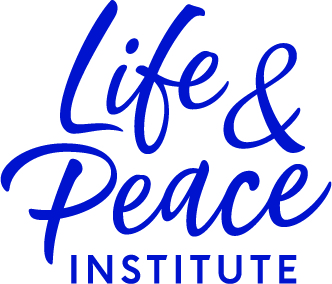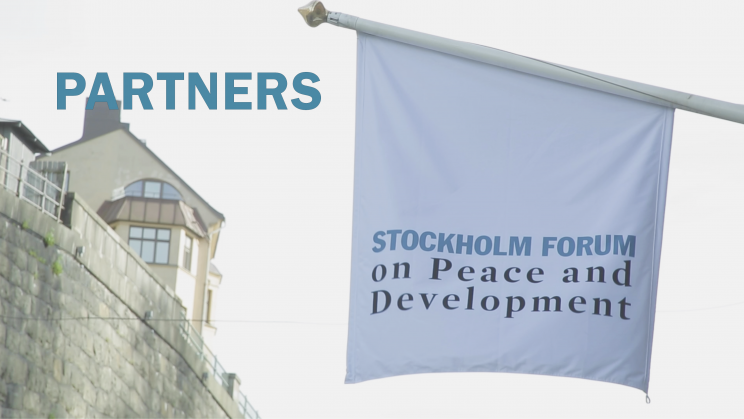
The 2022 Stockholm Forum on Peace and Development is co-hosted by SIPRI and the Swedish Ministry for Foreign Affairs. SIPRI would like to thank our co-host and the following partner organizations for making the Forum possible.
Co-host
|
The Ministry for Foreign Affairs of Sweden The Ministry for Foreign Affairs and Sweden's missions abroad are responsible for Sweden’s foreign, development cooperation and trade policy. |
Partners
 |
adelphi is the leading independent think-and-do tank in Europe for climate, environment and development. We are some 280 strategists, thought leaders and practitioners working at the local and global levels to find solutions to the most urgent political, economic and social challenges of our time. As a policy consultancy, we support a just transition towards carbon neutrality and sustainable, liveable societies. Our work is grounded in transdisciplinary research, evidence-based consulting and stakeholder dialogues. With these tools we shape policy agendas, facilitate political communication, inform policy processes and support decision-makers. |
|
Axle International is a risk and innovation advisory firm. We support leaders and organisations to identify emerging challenges, strengthen organisational capacities and create risk-informed growth strategies. While new, unpredictable and global threats are emerging, our consultancy, research and training tools are applied across a spectrum of multidimensional risks to assess, prevent and mitigate the impact of complex global challenges. We are launching the first edition of the African Risk Compass, an inclusive evidence-based platform on the public perception of risks, in collaboration with the African Union. The Compass gathers information on the sociopolitical challenges faced by different actor groups across the 55 African Union member states. |

|
BBC Media Action is the BBC’s international development charity. We believe in media and communication for good. We work in over 20 countries around the world and reached over 130 million people in 2020 – helping to save lives and improve health, protect livelihoods, challenge inequality, and build more peaceful and democratic societies. Our work on climate change and conflict-prevention, in partnership with local media, has a direct and positive impact on people’s lives. It helps people, especially the most marginalised, to engage on issues related to climate and the environment, express their views, take action and hold decision-makers to account. It also helps to build social cohesion and encourages non-violent conflict resolution. |
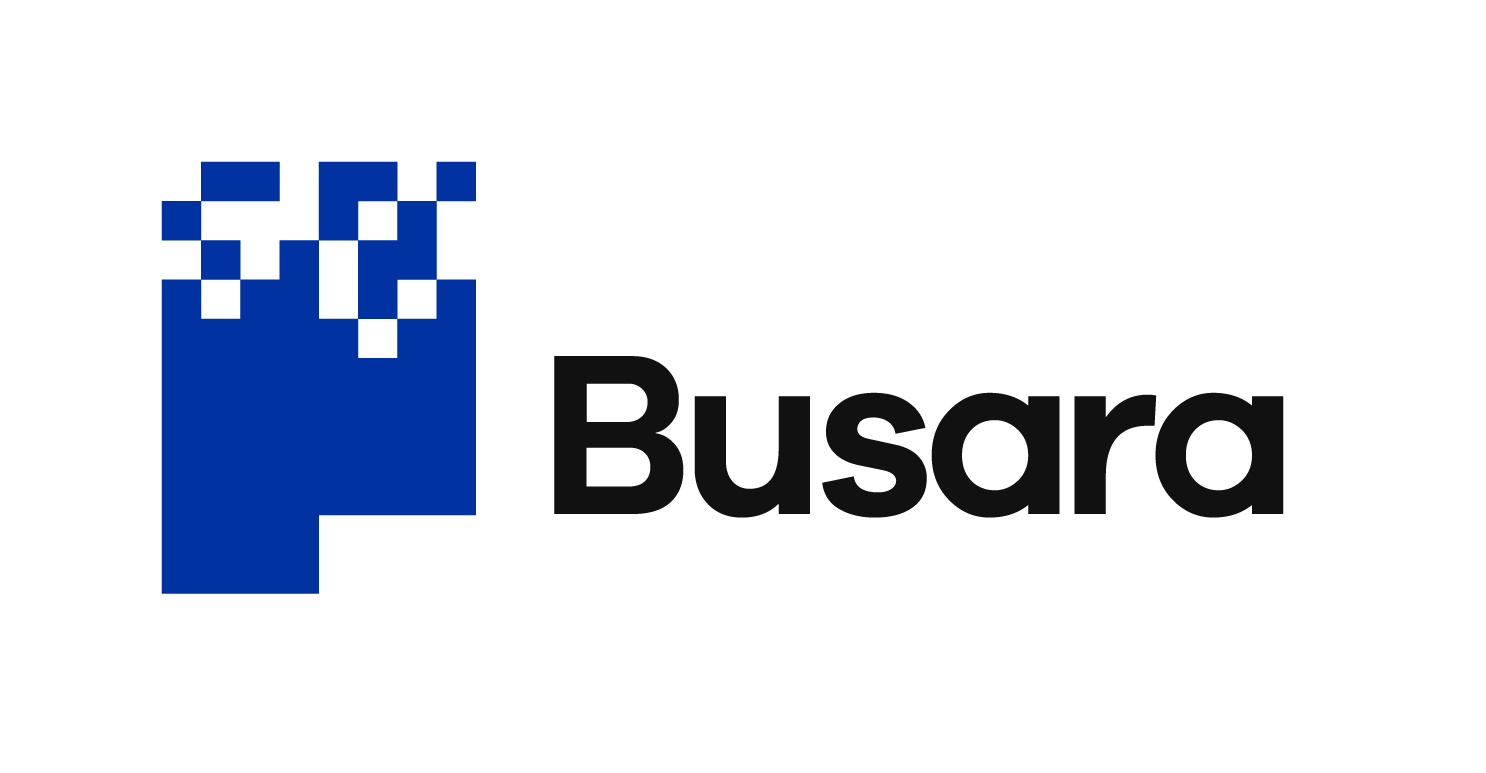 |
The Busara Center uses behavioural science to help solve the most challenging problems of our times--violence, climate change, poverty, equality--through understanding humans and their behaviour. |
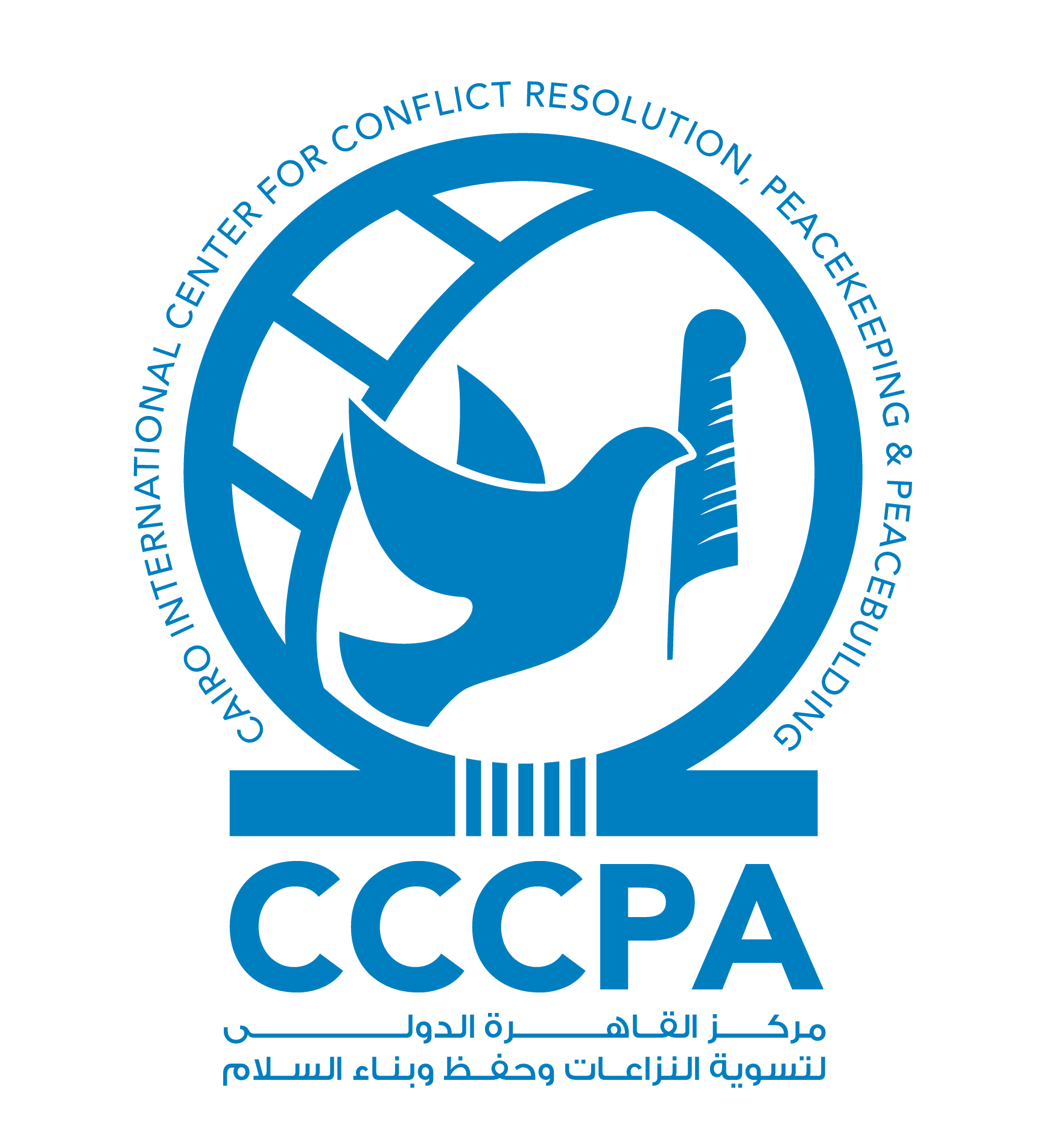 |
Cairo International Center for Conflict Resolution, Peacekeeping and Peacebuilding Founded in 1994, the Cairo International Center for Conflict Resolution, Peacekeeping and Peacebuilding (CCCPA) is an Egyptian public agency; an AU Center of Excellence in training, capacity building and research; and the Arab world’s leading civilian training center on issues of peace and security. It is a major voice of the Global South on a wide range of topics, including conflict prevention and resolution, peacekeeping, peacebuilding, disarmament, demobilization and reintegration (DDR), preventing radicalization and extremism leading to terrorism, combating transnational threats, women, peace and security, and climate, security and development |
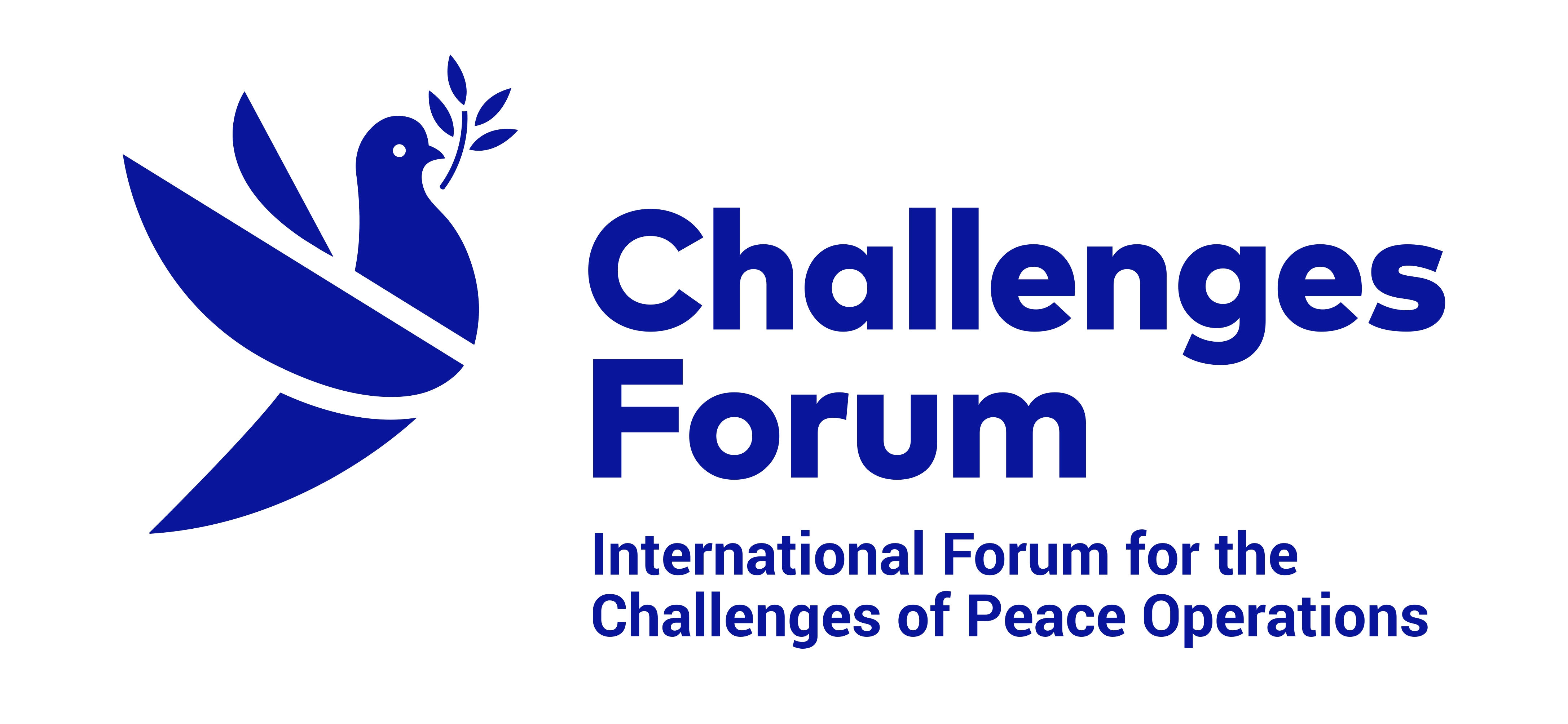 |
Challenges Forum is a global partnership of 52 partner organizations in 24 countries. representing major troop, police and financial contributing countries to peace operations, and the permanent five members of the UN Security Council. Our partner organizations are multi-disciplinary and range from policymakers in national ministries and departments, think-tanks personnel and scholars as well as practitioners. |
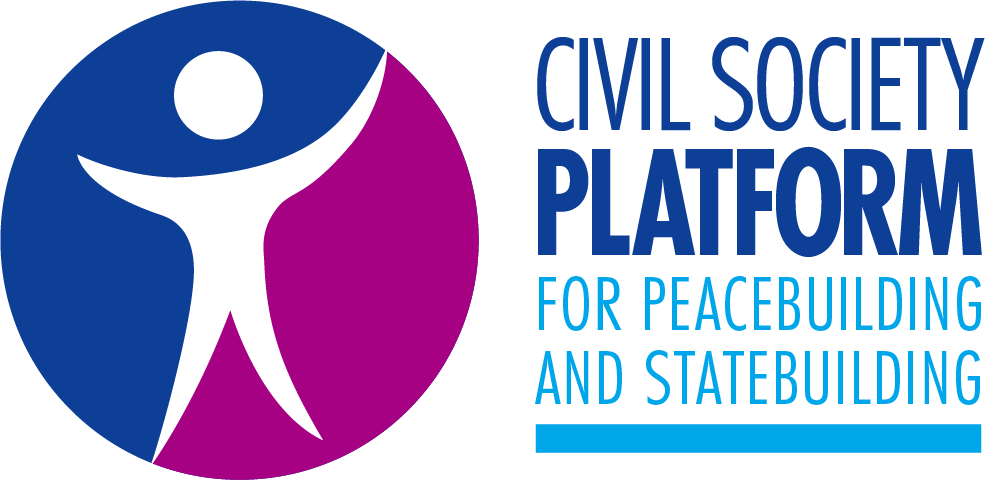 |
Civil Society Platform for Peacebuilding and Statebuilding The Civil Society Platform for Peacebuilding and Statebuilding (CSPPS) unites and amplifies the voices of civil society across the globe, representing a wide and ever-growing membership from both the Global South as well as the Global North. Within the International Dialogue on Peacebuilding and Statebuilding (IDPS) tripartite structure, we represent the voice of civil society and have been instrumental in turning ideas into actions, as well as voicing and carrying out the New Deal Principles and IDPS Peace Vision on the ground. |
|
|
The Climate Security Mechanism, a joint initiative by DPPA, UNDP, UNEP and DPO, works to strengthen the capacity of the UN system to analyze and address the adverse impacts of climate change on peace and security. The CSM acts as a reference point on climate security for stakeholders across and beyond the UN and supports field missions, Country Teams, and regional organizations to conduct climate security risk assessments and develop risk management strategies. |
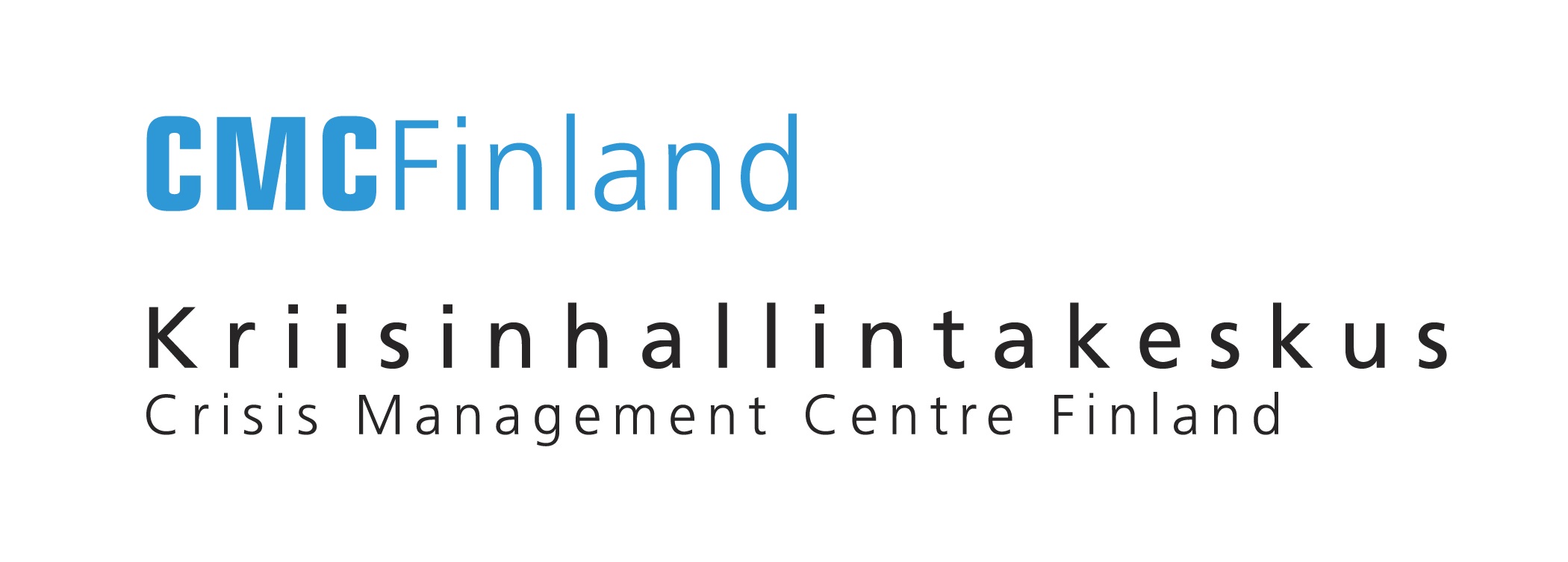
|
CMC Finland is tasked with the training, recruitment and duty of care of Finnish civilian experts deployed to international peace operations and missions (EU, UN, OSCE). The center also contributes to improving the effectiveness of peace operations through research and international cooperation. CMC Finland operates in conjunction with the Finnish Ministry of the Interior, with a mandate based on the Act on the Participation of Civilian Personnel in Crisis Management (2004/2018). |
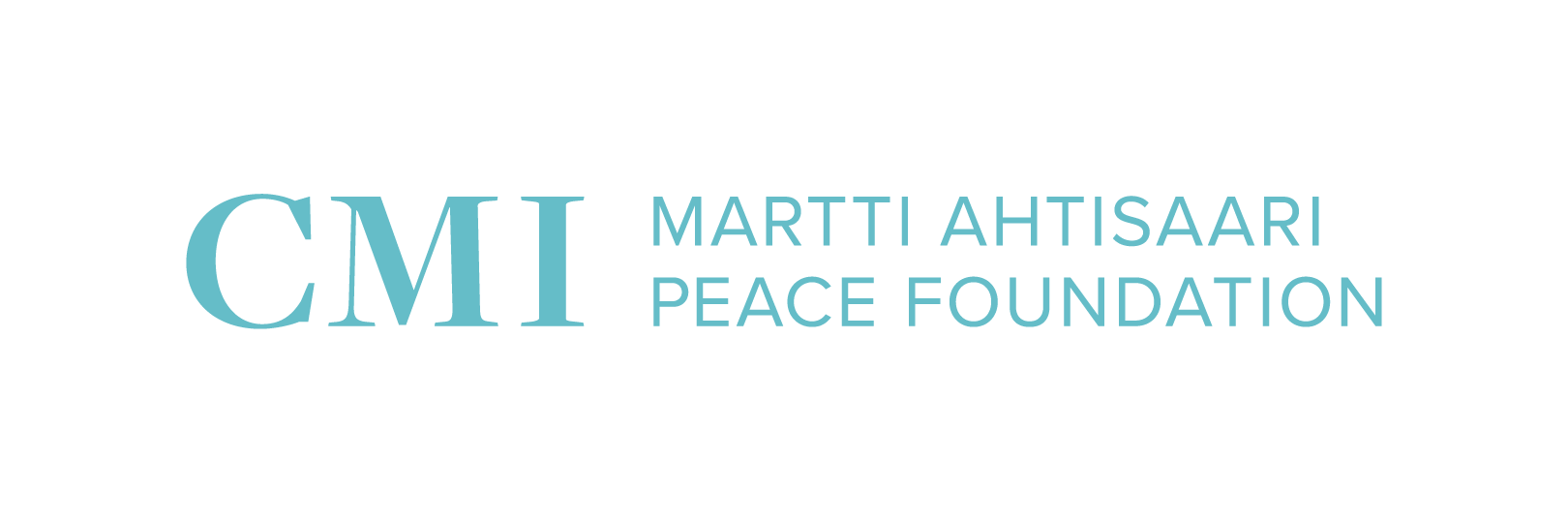 |
CMI - Martti Ahtisaari Peace Foundation CMI — Martti Ahtisaari Peace Foundation is an independent Finnish organisation, founded in 2000 by Nobel Peace Laureate and former President of Finland Martti Ahtisaari, that works to prevent and resolve conflicts through dialogue and mediation. CMI’s vision is that all conflicts can be resolved. We believe people have the capacity to pursue peaceful change, even amid cyclical forms of violence. CMI’s core added value lies in its long-term cooperation with local, regional and international actors, and its deeply contextualised working methodologies built on a foundation of the highest expertise in peacemaking. In addition to the support and expertise we provide to our stakeholders committed to settling conflicts through peaceful means, CMI actively engages in shaping the policy and praxis of international and regional peacemaking. |
|
Conducive Space for Peace (CSP) Conducive Space for Peace (CSP) is an international NGO registered in Denmark. The organisation’s mission is to transform the global peacebuilding system to better enable local leadership and equitable partnerships. The organisation operates with a global scope, working as a connector and accompanier – taking forward initiatives for change through analysis, network building, training, and accompaniment to catalyse systems change for locally-led peacebuilding. |
|
|
Conflict Prevention and Peace Forum (CPPF) of the Social Research Council The Conflict Prevention and Peace Forum (CPPF) strengthens the knowledge base and analytic capacity of the UN community in the fields of conflict prevention, conflict management, peacebuilding, and peacekeeping. Founded in 2000 as a program of the Social Science Research Council, CPPF became the UN’s “Think Bridge” out of a recommendation of the Panel Report on Peacekeeping (the “Brahimi Report”) of the same year, which highlighted the need for the UN to have quick and unfettered access to external expertise about the geographic and thematic areas in which the UN operates. |
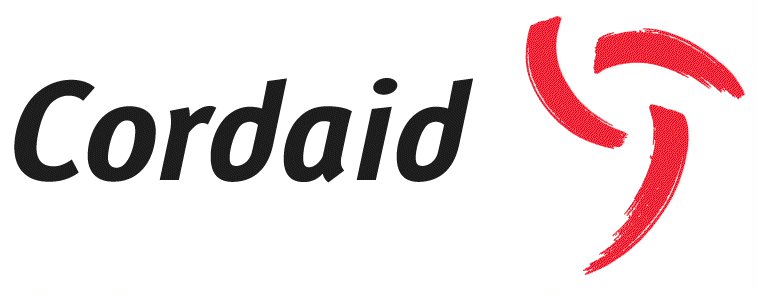
|
Cordaid is an internationally operating emergency relief and development organisation, working in and on fragility. We support communities to fully participate in equitable and resilient societies. |
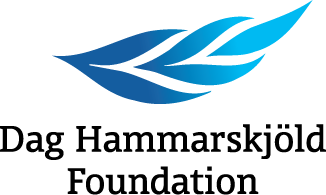 |
The Dag Hammarskjöld Foundation is a non-governmental organisation established in memory of the second Secretary-General of the United Nations. Working in the spirit of Dag Hammarskjöld, we aim to strengthen policy on international cooperation, development and peacebuilding through dialogue, meetings and publications. Within our programme areas, we generate new ideas and perspectives to stimulate discussion and action, and we convene a diverse set of stakeholders to advance processes. |
|
DCAF is dedicated to making states and people safer through more effective and accountable security and justice. Since 2000, the Centre has facilitated, driven and shaped security sector reform (SSR) policy and programming around the world. The International Security Sector Advisory Team (ISSAT) was established in 2008 within DCAF in response to the need to increase the capacity of the international community to support Security Sector Reform (SSR) processes, to enhance the effectiveness and quality of SSR programming, and to facilitate the coordination and coherence of international assistance for nationally driven SSR proccesses. |
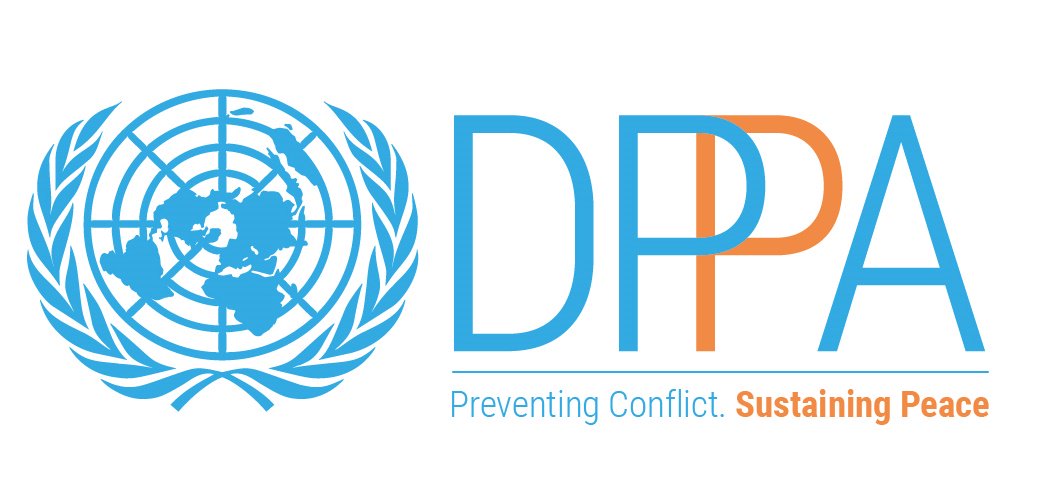
|
Department of Peace Building Affairs (DPPA) The UN Department of Political and Peacebuilding Affairs (DPPA) plays a central role in United Nations efforts to prevent violent conflict and sustaining peace around the world. This work is conducted through political analysis, preventive diplomacy and good offices, mediation, electoral assistance, and peacebuilding support. DPPA is a founding member of the Climate Security Mechanism (CSM) – a joint initiative with the United Nations Development Programme (UNDP), the United Nations Environment Programme (UNEP) and the Department of Peace Operations (DPO) – to strengthen the United Nations’ capacity to address climate-related security risks, including through support to climate-sensitive mediation. In addition, DPPA’s Mediation Support Unit is the UN system-wide service provider on dialogue and mediation assistance providing comparative analysis, support in developing mediation strategies and direct operational and mediation assistance. |
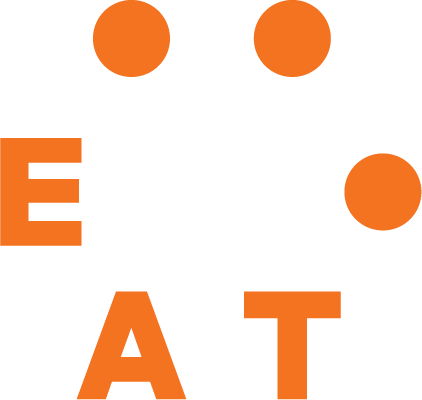
|
EAT is a non-profit dedicated to transforming our global food system through sound science, impatient disruption and novel partnerships. |
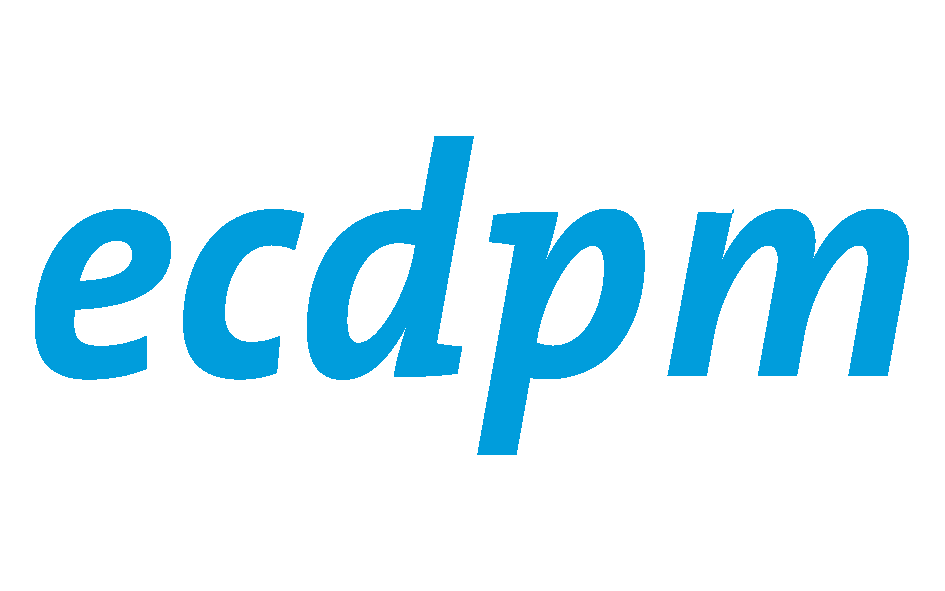 |
European Centre for Development Policy Management ECDPM is a leading independent think tank that wants to make policies in Europe and Africa work for inclusive and sustainable development. We are researchers and analysts, but we are also facilitators, advisors, evaluators and trainers, which is why we call ourselves a “think and do tank”. Since 1986, we have helped institutions and governments across Europe and Africa create policies that work. Our focus is on EU foreign policy and European and African policies related to climate change, conflict, migration, governance, food security, regional integration, business, digitalization, finance and trade. ECDPM has a long track record of brokering international cooperation, and we explore ways in which Europe and Africa can join forces to push for multilateral solutions to global challenges. We have two offices, in Maastricht (the Netherlands) and Brussels (Belgium). Our strategy for 2022-2026 pays greater attention to climate change, gender equality, digitalisation and governance. |
|
|
European Council on Foreign Relations (ECFR) The European Council on Foreign Relations (ECFR) is an award-winning international think-tank that aims to conduct cutting-edge independent research on European foreign and security policy and to provide a safe meeting space for decision-makers, activists and influencers to share ideas. We build coalitions for change at the European level and promote informed debate about Europe’s role in the world. |
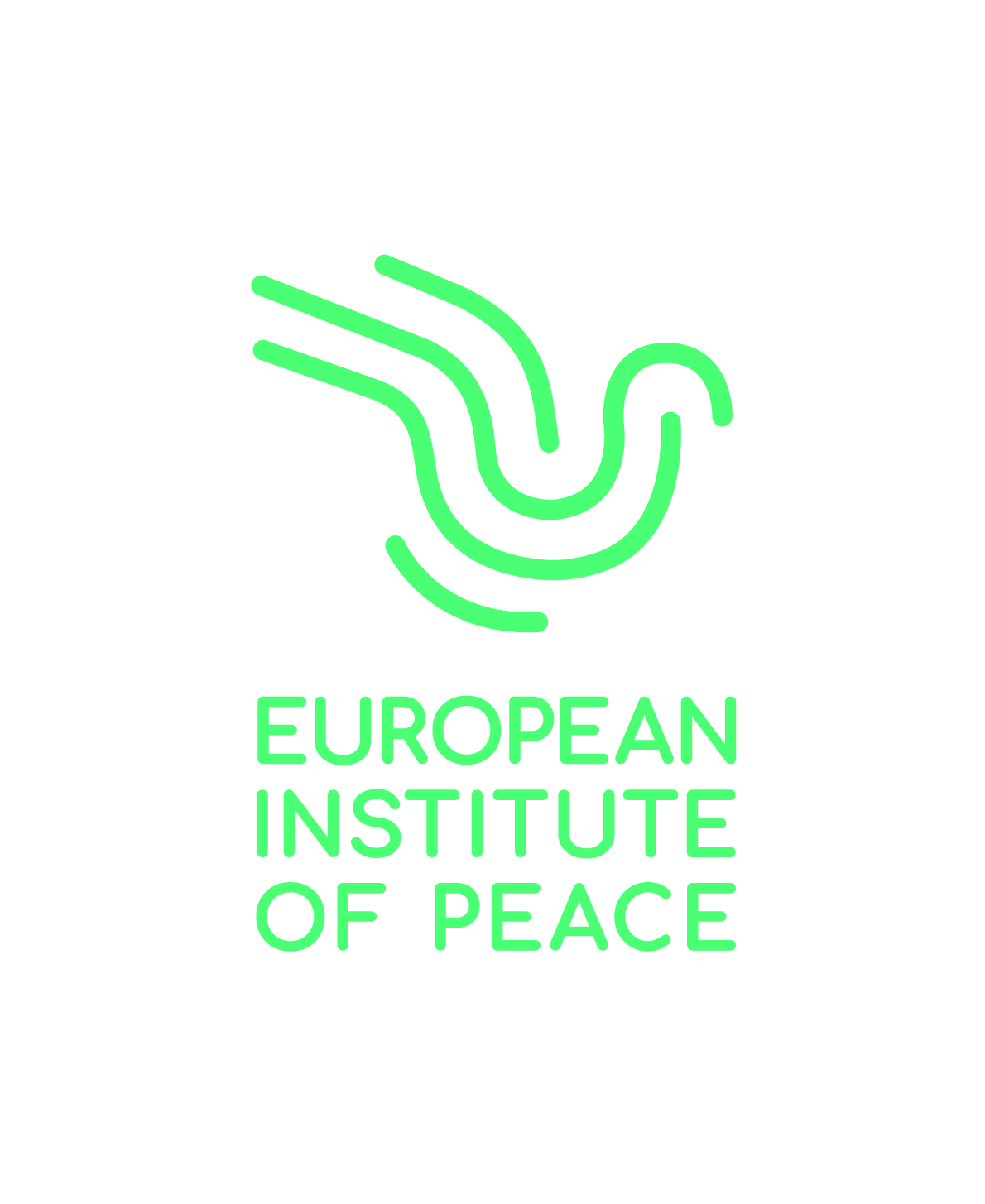 |
European Institute of Peace (EIP) The European Institute of Peace is an independent body providing practical experience, technical expertise and policy advice on conflict resolution, dialogue and mediation, working with people most at risk, optimising the role of European actors. |
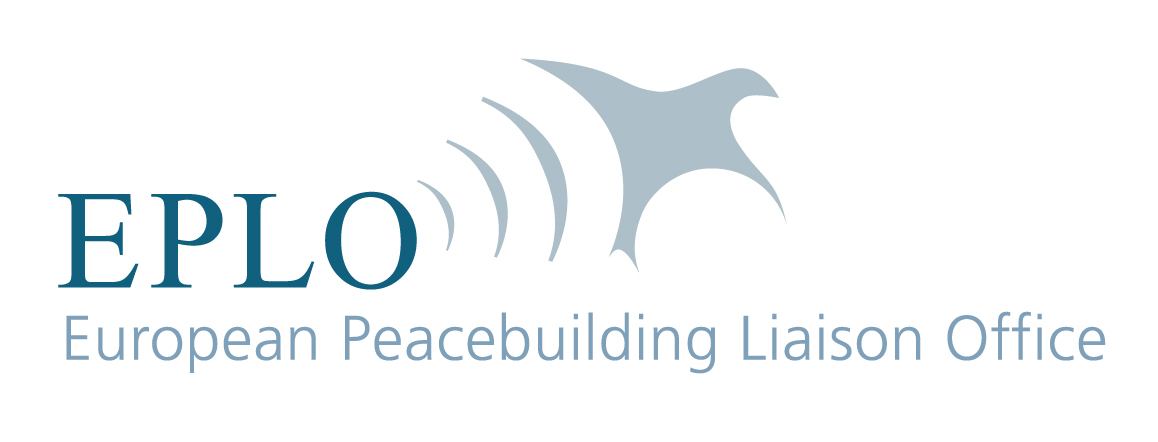 |
European Peacebuilding Liaison Office The European Peacebuilding Liaison Office (EPLO) is the independent civil society platform of European NGOs, networks of NGOs and think tanks that are committed to peacebuilding and the prevention of violent conflict. |
|
European Union Institute for Security Studies EUISS The European Union Institute for Security Studies (EUISS) is the Union’s Agency analysing foreign, security and defence policy issues. Its core mission is to assist the EU and its member states in the implementation of the Common Foreign and Security Policy (CFSP), including the Common Security and Defence Policy (CSDP) as well as other external action of the Union. The Institute was set up in January 2002 as an autonomous agency under Council Joint Action 2001/554 and it is an integral part of the structures that underpin the further development of the CFSP/CSDP. |
 |
|
 |
Food and Agriculture Organisation of the UN (FAO) The Food and Agriculture Organization (FAO) was established in 1945 and is a specialized agency of the United Nations that leads international efforts to defeat hunger. Our goal is to achieve food security for all and make sure that people have regular access to enough high-quality food to lead active, healthy lives. With over 194 member states, FAO works in over 130 countries worldwide. Both in times of conflict and stability, FAO plays a unique role in protecting, restoring and developing the livelihoods of farmers, fishers, herders, foresters and others who depend upon agriculture and the natural resource environment for sustenance, security and prosperity. The Organization’s efforts to both save lives and create longer-term resilience are important contributions to peace and stability within countries, across regions and beyond (www.fao.org). |
 |
Food for the Hungry seeks to end ALL forms of human poverty by going to the hard places and walking with the world’s most vulnerable people. |
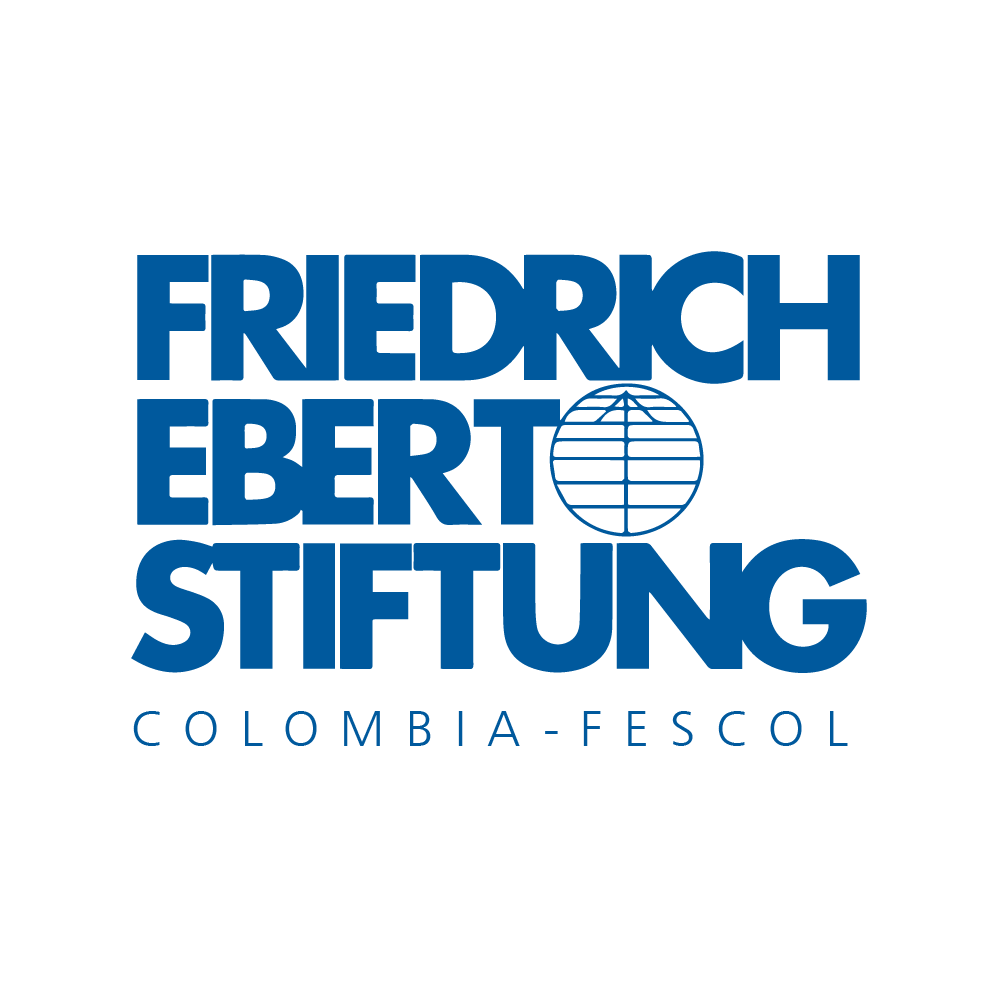 |
Friedrich Ebert Stiftung (FES) en Colombia Friedrich Ebert Stiftung. Present in Colombia for more than 40 years, the local office of the German Friedrich Ebert Foundation seeks to promote analysis and debate on issues that are key to social justice, equality and peacebuilding. FES supports dialogue and discussions on public policies and fosters learning processes, connecting diverse social and political actors to propose solutions to shared problems. |
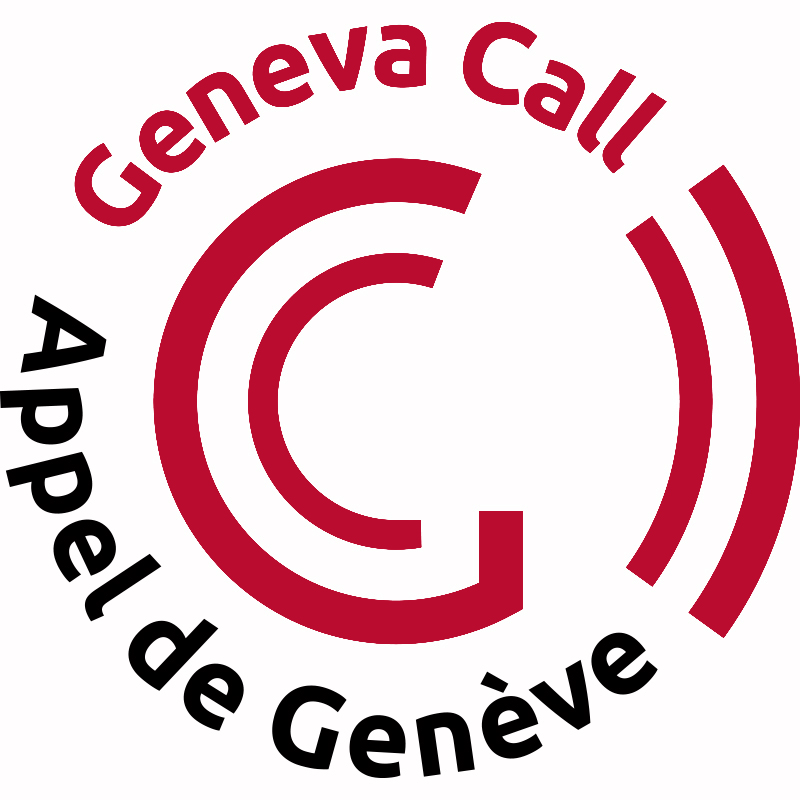 |
Geneva Call is a neutral, independent and impartial international humanitarian organization working to improve the protection of civilians in situations of armed conflict by promoting the respect of humanitarian norms by armed non-State actors. Geneva Call focuses on different thematic areas and uses a wide range of contextualized and targeted awareness-raising and training tools in its humanitarian engagement with armed non-State actors. |
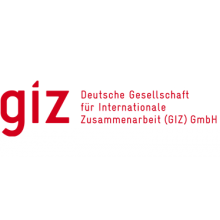 |
The Deutsche Gesellschaft für Internationale Zusammenarbeit (GIZ) GmbH is a federal enterprise with worldwide operations. We support the German Government in the field of international cooperation for sustainable development. Through our work, we assist people and societies in shaping their own future and improving their living conditions. Beside others, GIZ is engaged in the fields climate, environment, security and management of natural resources. GIZ assists its partners in identifying the wide range of causes of environmental risks. It helps modernise environmental policy, advises on regional environmental cooperation and develops strategies to embed environmental protection in other areas of policy. In our partner countries, GIZ disseminates concepts for resource efficiency and assists in the management of natural resources. With our experience in a wide range of countries, our technical competence, experience in moderation and methodologies, know-how on organisational development, environmental communication and conflict management, we are a partner you can count on. |
 |
Humanity United is a philanthropic organization dedicated to cultivating the conditions for enduring peace and freedom. Humanity United supports and works alongside partners who are striving to advance human dignity and change the systems that enable violent conflict and human exploitation around the world. Humanity United focuses on two broad areas of work, peacebuilding and combating forced labor and human trafficking, supporting programs in specific geographic contexts around the world. Humanity United also invests in journalism, advocacy and policy change, and strategic communications to bring attention, accountability, and action to these issues. |
 |
IM Swedish Development Partner IM is a Swedish development cooperation organisation working to achieve a world free from poverty and exclusion. Together with partners, IM works for equal and democratic societies where everyone can enjoy their rights and where no one is left behind. IM’s work takes place at all levels in society to create socially, economically and climate-sustainable solutions, aiming to meet several of the Global Goals for sustainable development. Humanium Metal is part of IM Swedish Development Partner’s strategy to contribute to the fulfillment of the United Nations Agenda 2030, specifically to Development Goal 16: Promote Peace, Justice and Strong Institutions, which recognizes the vital importance of reducing illicit flows of firearms. As a joint effort between governments, the private sector and civil society to counteract armed violence and the spread of illegal weapons, Humanium Metal is also contributing to fulfil Sustainable Development Goal 17: Partnership for the goals. |
|
Inclusive Peace is a think and do tank supporting peace and political reform processes through evidence-based advice. We provide expert support to national and international actors to make peace processes more effective and sustainable; we conduct research; we connect in-country processes with global policy debates, and we facilitate critical discussions. At Inclusive Peace, we believe that peace is a perpetual process that all societies need to actively engage in to thrive. Our vision is for all countries to move towards becoming peaceful and inclusive societies. It is our mission to inspire, support, and connect people and organisations at all levels on their pathways towards more inclusive societies. |
|
Indigenous Major Group for Sustainable Development The Indigenous Peoples Major Group for Sustainable Development (IPMG) is a forum for coordination and planning and the main mechanism of engagement of indigenous peoples in processes on sustainable development since the Earth Summit (Rio Conference) in 1992. It coordinates and concerts efforts to advance the rights and development priorities of indigenous peoples at all levels. |
|
Institute for Economics and Peace The Institute for Economics and Peace aims to create a paradigm shift in the way the world thinks about peace. We do this by developing global and national indices, calculating the economic cost of violence, analysing country level risk and fragility, and understanding Positive Peace. Our research is used extensively by governments, academic institutions, think tanks, non governmental organisations and by intergovernmental institutions such as the OECD, The Commonwealth Secretariat, the World Bank and the United Nations. The Institute is headquartered in Sydney with offices in 6 countries, and our research achieves over 20 billion media impressions across 150 countries each year. Founded by IT entrepreneur and philanthropist Steve Killelea in 2007, the Institute for Economics and Peace has had a profound impact on traditional thinking on matters of security, defence, terrorism and development over the last 13 years. |
|
|
Institute for State Effectiveness ISE supports citizen centered approaches to governance and development. We support pathways for economic development, peace building, and stability within countries and across regions. ISE invests in insight and tools to support communities, governments, and international organizations so that institutions are more inclusive and accountable to citizens. |
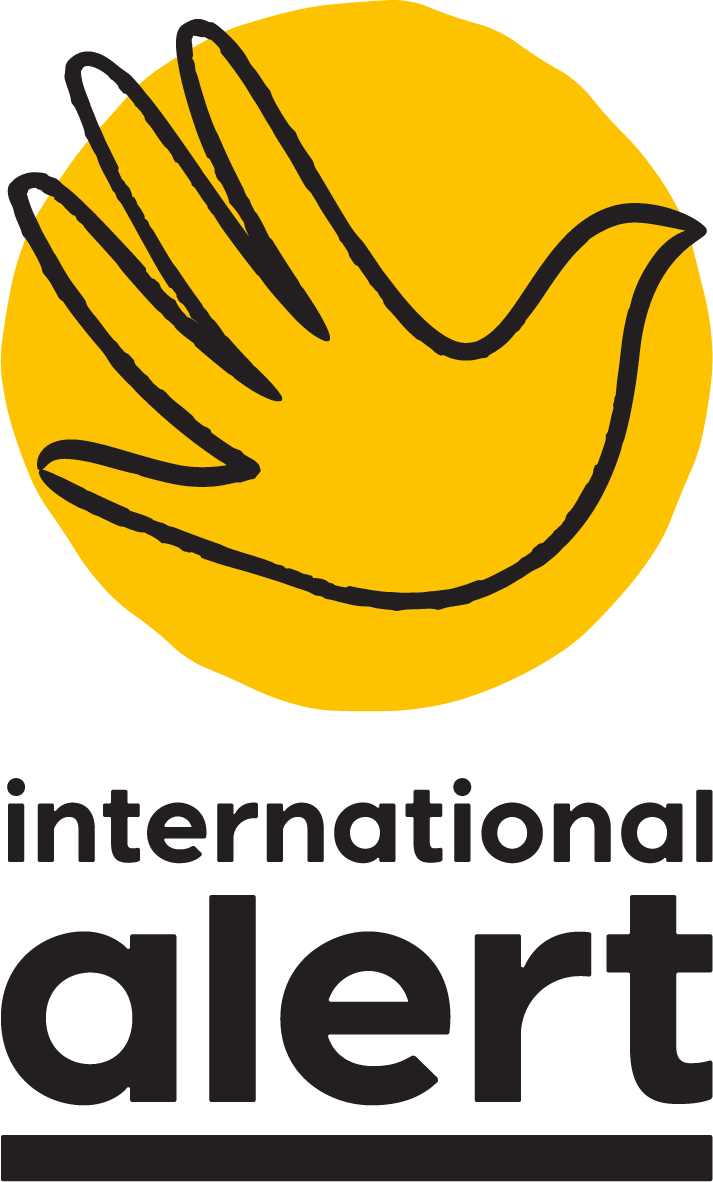 |
International Alert is an independent international peacebuilding organization, operating programs around the world to address conflict. Our mission is to build a more peaceful world by working with people directly affected by conflict to find peaceful solutions; shaping policies and practices to support peace; and collaborating with those striving for peace. Alert accomplishes these goals through dialogue, training, research and policy analysis, advocacy and outreach activities. |
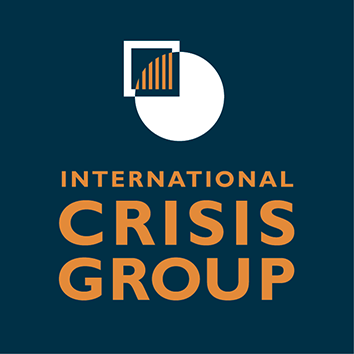 |
The International Crisis Group is an independent organization working to prevent wars and shape policies that will build a more peaceful world. Our expert analysts engage directly with all parties to a conflict as they conduct research on the ground and propose practical policy solutions. |
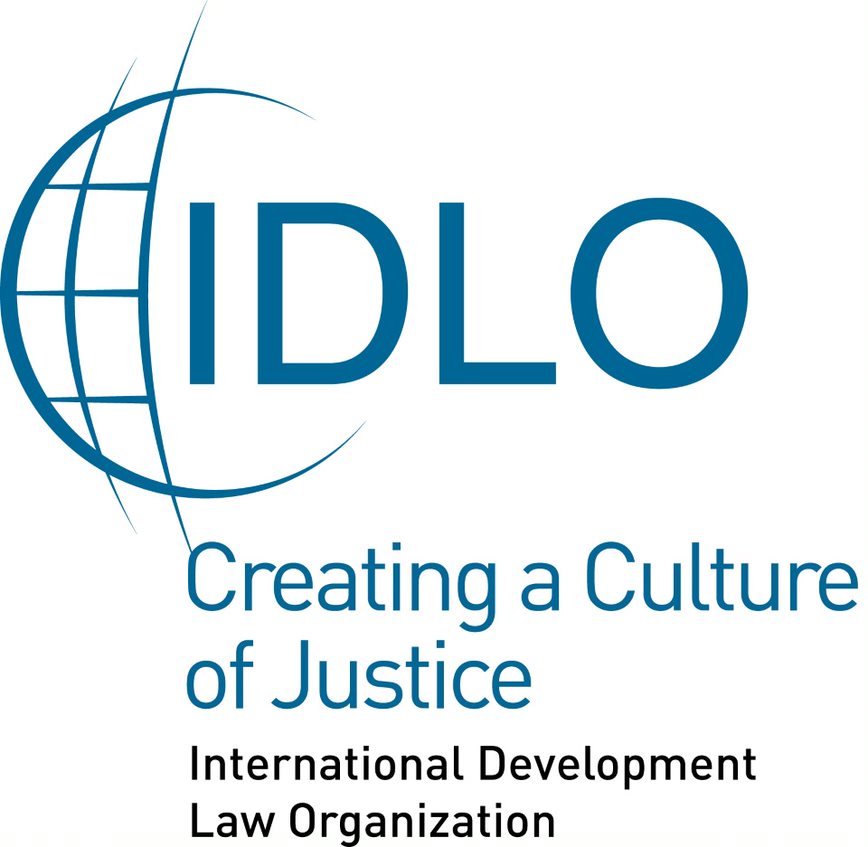
|
International Development Law Organization IDLO is the only global intergovernmental organization exclusively devoted to promoting the rule of law to advance peace and sustainable development. IDLO works to enable governments and empower people to reform laws and strengthen institutions to promote peace, justice, sustainable development and economic opportunity. Its programs, research and policy advocacy cover the spectrum of rule of law from peace and institution building to social development and economic recovery in countries emerging from conflict and striving towards democracy. |
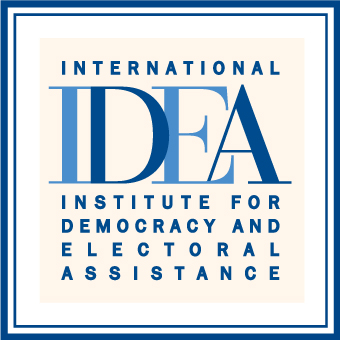
|
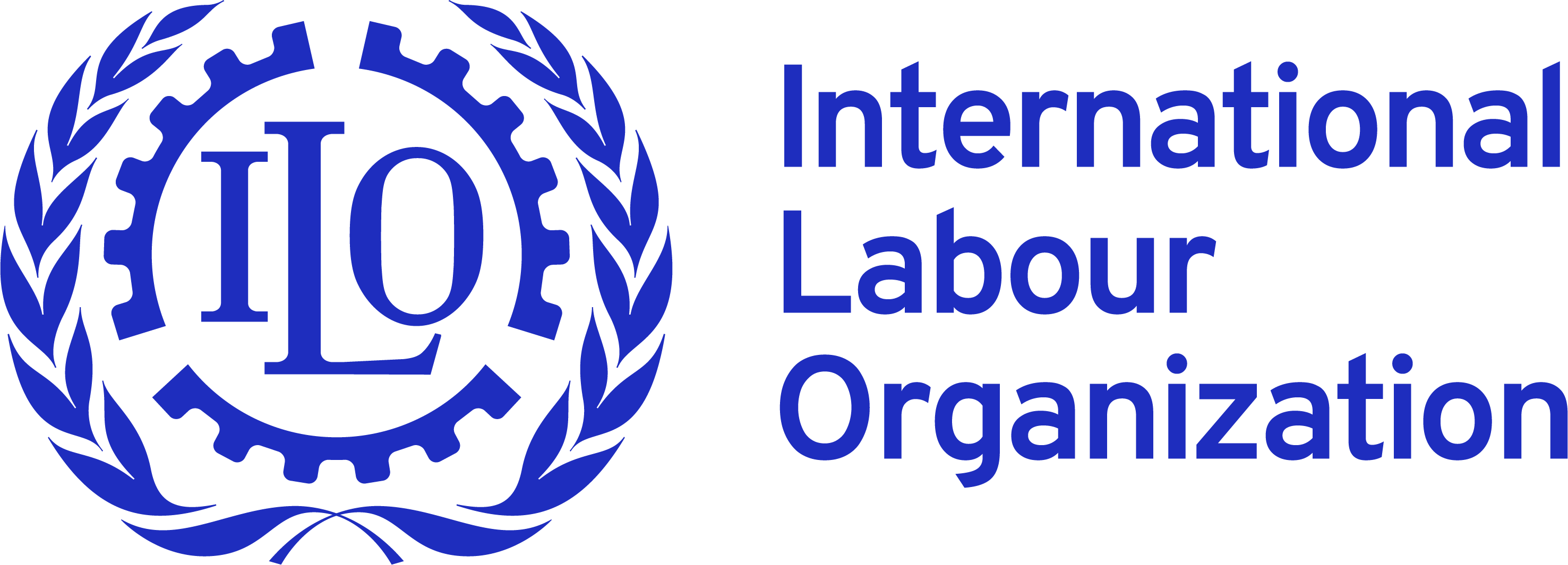 |
International Labour Organisation (ILO) The International Labour Organization (ILO) is a specialized tripartite agency of the United Nations. Since 1919 the ILO brings together governments, employers and workers of 187 member States to set labour standards, develop policies and devise programmes promoting decent work for all women and men. The ILO is devoted to promoting social justice and internationally recognized human and labour rights, pursuing its founding mission that social justice is essential to universal and lasting peace. In conflict-affected and protracted-crisis contexts, the ILO ensures coherence, complementarity and collaboration across the Humanitarian-Development-Peace Nexus to realize rights, reduce needs, vulnerabilities and risks, and address drivers and underlying causes of conflict through employment and decent work in the long term. |
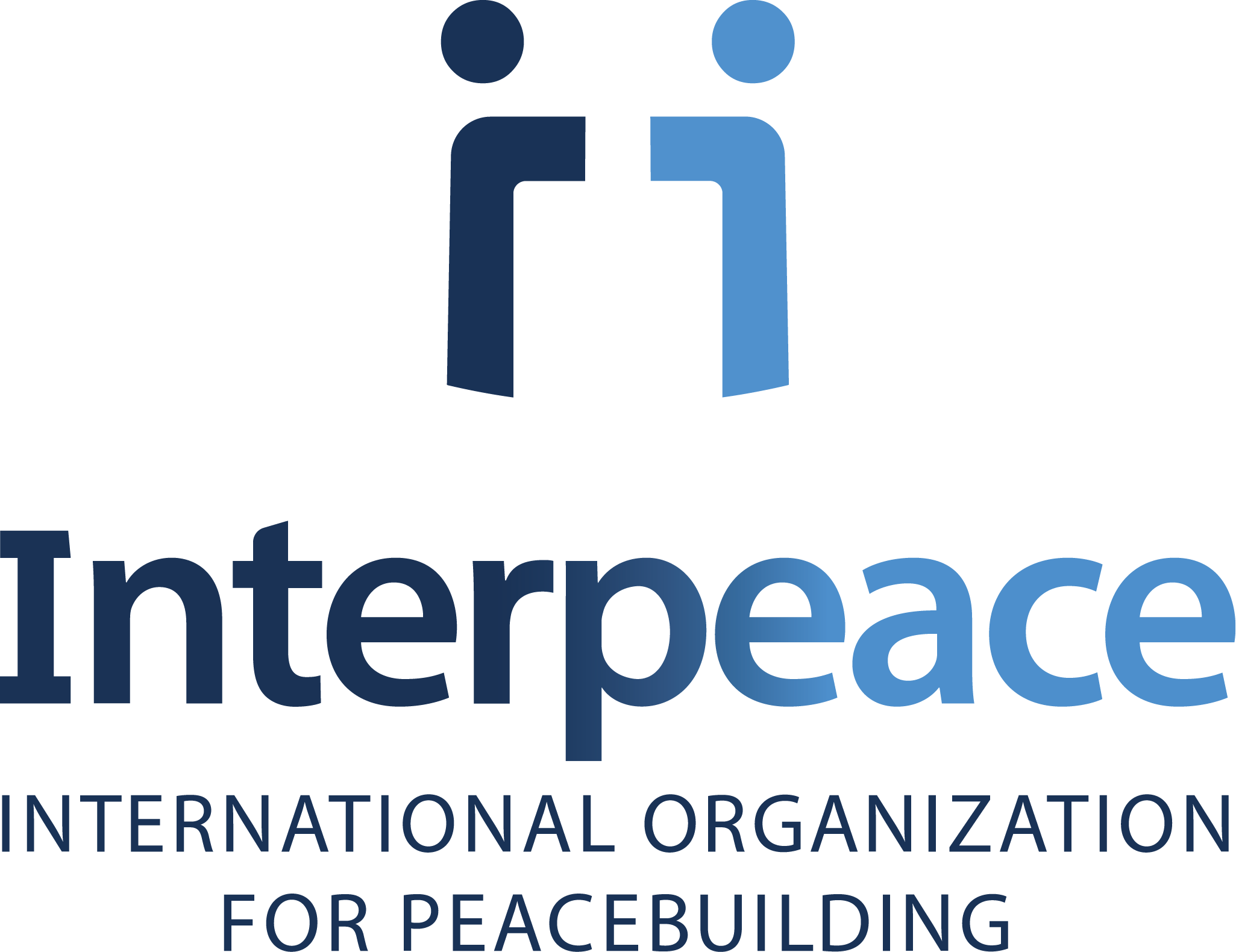 |
Interpeace is an international peacebuilding organisation. With more than 25 years of experience, it carries peacebuilding processes and supports the international community particular the United Nations in their peace efforts worldwide. Interpeace was officially recognized as an international organization by the Swiss Federal Council in 2018. Interpeace is headquartered in Geneva, Switzerland, and is present in more than 20 fragile contexts around the world. (www.interpeace.org). |
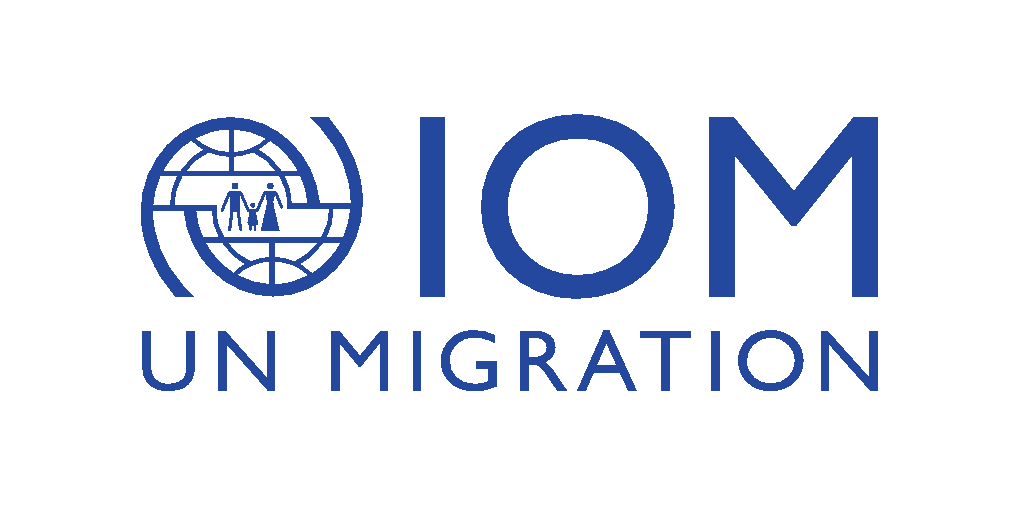 |
Established in 1951, IOM is the leading intergovernmental organization in the field of migration and works closely with governmental, intergovernmental and non- governmental partners. With 174 member states, a further 8 states holding observer status and offices in over 100 countries, IOM is dedicated to promoting humane and orderly migration for the benefit of all. It does so by providing services and advice to governments and migrants. IOM works to help ensure the orderly and humane management of migration to promote international cooperation on migration issues, to assist in the search for practical solutions to migration problems and to provide humanitarian assistance to migrants in need, including refugees and internally displaced people. As part of its global mandate on mobility and migration, IOM's Transition and Recovery Division (TRD) oversees programming to support states and populations to prevent displacement and other migration crises and to progress towards solutions for recovery and resilience. In doing so, transition and recovery programming applies development-principled approaches specifically adapted to fragile and crisis contexts working across the humanitarian-development-peace nexus. TRD's multi-sectoral interventions complement IOM's life-saving assistance activities, building on humanitarian gains to ensure an effective transition to recovery and sustainable development (www.iom.int). |
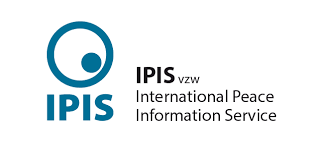
|
IPIS is an independent research institute providing tailored information, analysis and capacity enhancement to support those actors who want to realize a vision of durable peace, sustainable development and the fulfilment of human rights. |
|
The Kvinna till Kvinna Foundation has defended women’s rights since 1993. For every woman’s right to be safe and to be heard. Today we are one of the world’s leading women’s rights organisations, working directly in areas affected by war and conflict to strengthen women’s influence and power. We work closely together with 150 local partner organisations across 20 countries to end violence against women, reach lasting peace and close the gender gap once and for all. |
|
|
Life & Peace Institute (LPI) is an international organisation supporting and promoting nonviolent approaches to conflict transformation through research and action. LPI’s work is carried out through engagement and support to civil society and academic institutions, building strategic partnerships with national, regional, and international organisations and networks to support environments conducive for nonviolent conflict transformation. Civil society actors play an important role in conflict and post-conflict situations, and LPI contributes to strengthening their local capacities for peace in some of the most conflict-affected countries in the Horn of Africa and Great Lakes regions. Through its Horn of Africa |
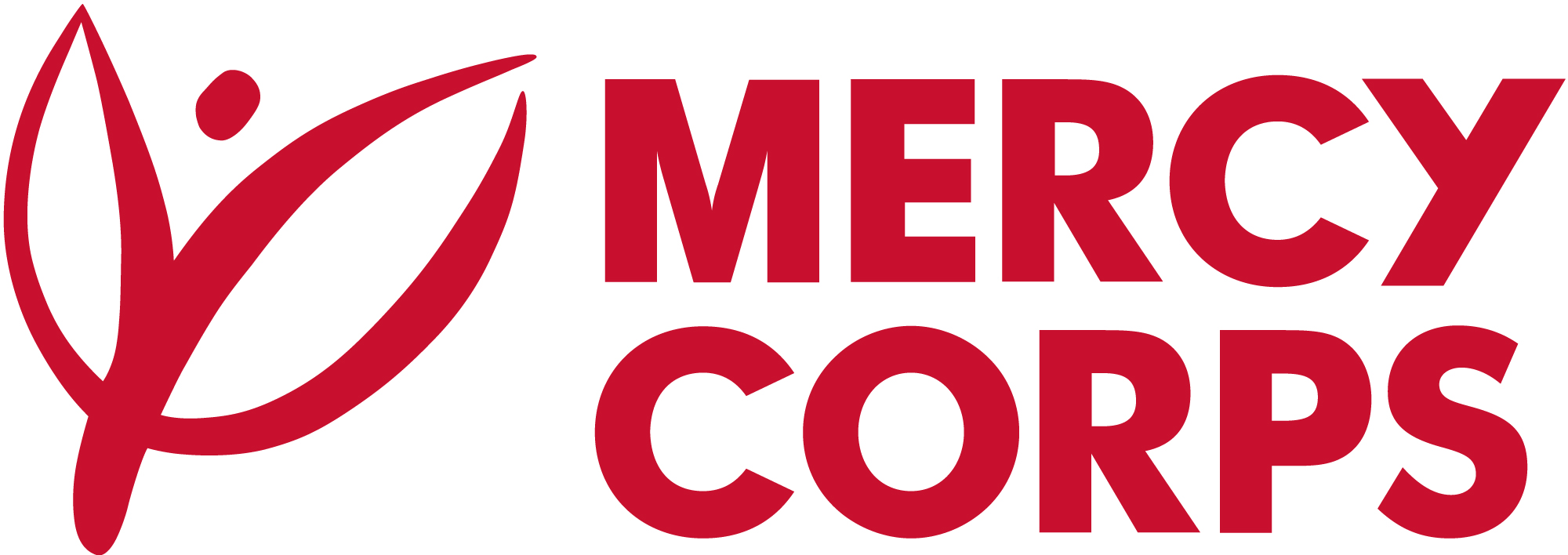 |
Mercy Corps is a global team of humanitarians working together on the front lines of today’s biggest crises to create a future of possibility, where everyone can prosper. Our mission is to alleviate suffering, poverty, and oppression by helping people build secure, productive, and just communities. In more than 40+ countries around the world, over 5,400 team members work side by side with people living through poverty, disaster, violent conflict, and the acute impacts of climate change. We’re committed to creating global change through local impact — 84% of our team members are from the countries where they work. We bring a comprehensive approach to every challenge, addressing problems from multiple angles. And we go beyond emergency aid, partnering with local governments, forward-thinking corporations, social entrepreneurs, and people living in fragile communities to develop bold solutions that make lasting change possible. |

|
Norwegian Institute of International Affairs (NUPI) The Norwegian Institute of International Affairs is a leading research institute. Established in 1959, we provide research and recommendations of relevance to Norwegian foreign policy, with a strong position in the field of conflict resolution and peace operations. |
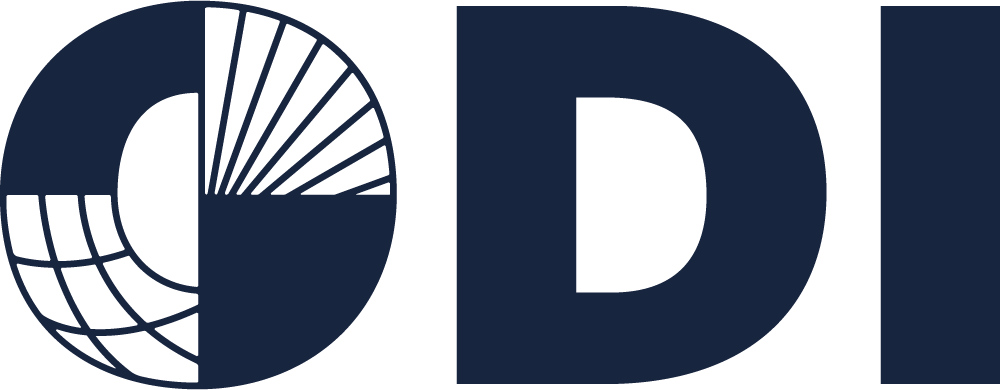
|
ODI is an independent, global think tank, working for a sustainable and peacefulworld in which every person thrives. ODI was established in 1960 and has beenundertaking research, advisory and policy engagement work across thedevelopment spectrum for over 50 years. ODI’s mission is to inspire and informpolicy and practice which lead to the reduction of poverty, the alleviation ofsuffering and the achievement of sustainable livelihoods. We achieve this by locking together high-quality applied research, practical policy advice, and policy-focused dissemination and debate. ODI’s Global Risk and Resilience Programme, the organizer of this roundtable, pioneers policy-driven research on the nexus between new and emerging risks to reduce vulnerability and realise a sustainable future for all. GRR promotes a systemic, inclusive, and just approach to understanding emerging risks, managing uncertainty, and mainstreaming resilience across the international development community and into wider socioeconomic development agendas, policy and planning. |
|
PiOC Peace in Our Cities (PiOC) is a network that brings together 22 cities and 30 community based and international organizations. It is the only international urban network focused on violence, engaging mayors and local civil- society partners in each city, and connected to global mobilization on SDG16. The Network’s vision is outlined in a roadmap to reduce urban violence, and activities are highlighted in the two-year anniversary brochure. The Network is co-facilitated by Pathfinders, Kroc Institute for Peace and Justice at University of San Diego, and the Stanley Center for Peace and Security. |
|
Pathfinders for Peaceful, Just and Inclusive Societies at NYU Center on International Cooperation The Pathfinders for Peaceful, Just and Inclusive Societies is a coalition of 39 governments with partners from all sectors committed to accelerating the implementation of the SDG16+ targets. The program is hosted by the Center on International Cooperation (CIC) at New York University, which provides the action platform, docking station, think tank and secretariat functions for the Pathfinders alliance.The Pathfinders identifies a number of high-profile ‘Grand Challenges’ that require sustained leadership and support if SDG16+ is to be achieved. Among them is Pathfinder’s Movement to Halve Global Violence (MHGV). The United Nations Environment Programme is the global authority that sets the environmental agenda, promotes the coherent implementation of the environmental dimension of sustainable development within the United Nations system and serves as an authoritative advocate for the global environment. UNEP’s work on climate security provides innovative and efficient environmental assessments and solutions that help countries respond to crises, prepare for future emergencies, and promotes environmental cooperation for peacebuilding, among other activities. |

|
Principles for Peace Secretariat The Principles for Peace initiative was launched in December 2021 as a collective and participatory effort to develop principles and standards to support national and international actors to craft more effective and inclusive approaches to peace. Halfway through its initial two-year mandate, the initiative has gained significant momentum and built an expansive collective effort of specialised organisations, practitioners, policymakers and renowned scholars across peace and security, development, and humanitarian sectors. |
|
Quaker United Nations Office (QUNO) Since 1947, QUNO has worked with diplomats, UN officials and civil society to support a UN that prioritizes peace and prevents war. QUNO seeks a UN that addresses key drivers of peace and violence, including the structures and systems that produce exclusion and injustice; that facilitates and supports change through peaceful means; and whose policies and practices reflect a diversity of voices, such that people around the world can safely and peacefully achieve their potential. QUNO’s UN programming centers on building and strengthening constituencies of support for people-centered and sustainable strategies for peace. We seek to meet this goal through initiatives focused in two core priority areas, namely: the interface between crisis and peacebuilding; and policy and practice to build and sustain peace. Our policy-level efforts are grounded in knowledge and insights from partners working at the community and country levels. |
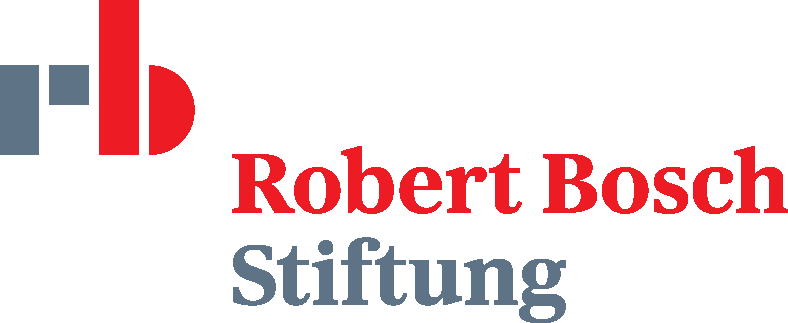 |
The Robert Bosch Stiftung GmbH (RBSG) is one of Europe's largest foundations associated with a private company. It works in the areas of health, education, and global issues. The Global Issues support area centers around the topics of peace, inequality, climate change, democracy, migration, and immigration society. With its charitable activities, the Robert Bosch Stiftung contributes to the development of viable solutions to social challenges. For this purpose, the Foundation implements its own projects, enters into alliances with partners, and supports third-party initiatives. Since it was established in 1964, the Robert Bosch Stiftung has invested over 2 billion euros in charitable work. |
|
Established in 1989, Saferworld is an independent international organisation, that works with people affected by conflict to improve their safety and sense of security. With civil society partners, we use our expertise and tested methodologies to promote peace and address the drivers of conflict. We also conduct wider research and analysis which we use as evidence and learning to improve local, national and international peacebuilding policies and practices that can help build lasting peace. We put people at the centre of our work, particularly those affected by conflict and insecurity. We emphasise change led by young people, solidarity through partnership, accompaniment and support on conflict sensitivity, peace rooted in gender equality, and peacebuilding expertise in support of urgent solutions to the combined threats of the climate crisis, conflict and environmental degradation. We work in 10 countries across Asia, Africa and the Middle East. |
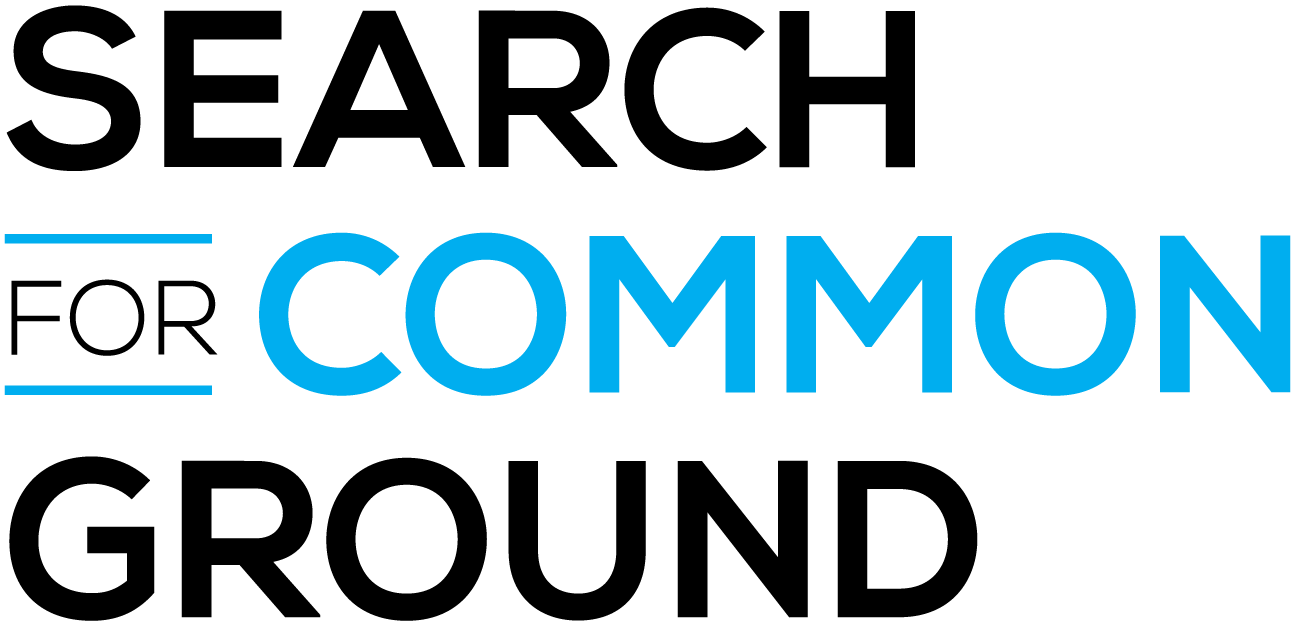 |
Search for Common Ground is the world’s largest dedicated peacebuilding NGO with almost 40 years’ experience working in more than 40 countries. Running more than 140 in-country programmes currently, as well as global actions to generate knowledge, inform, and connect, Search works to bring people together from across dividing lines to prevent violence and build societal resilience in some of the world’s most complex conflicts and fragile societies across Africa, the Middle East, and Central, South, and South-East Asia. |
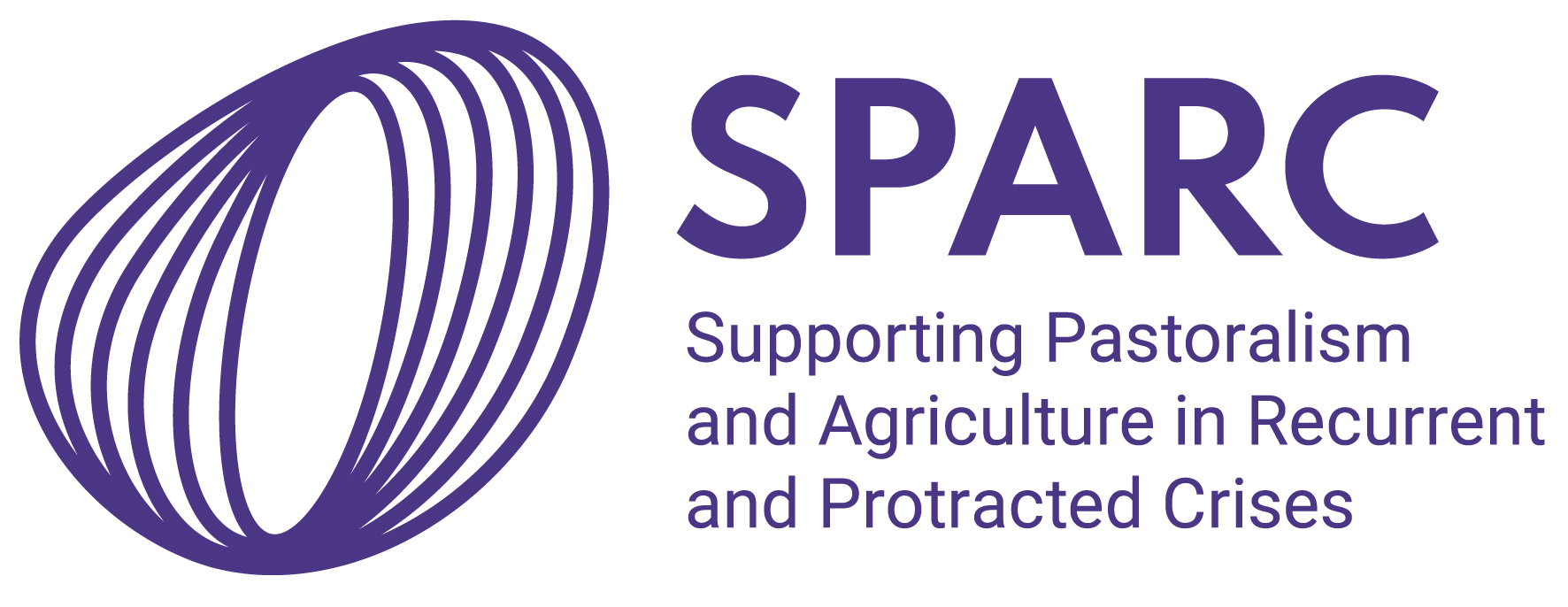
|
Supporting Pastoralism and Agriculture in Recurrent and Protracted Crises (SPARC) aims to generate evidence and address knowledge gaps to build the resilience of millions of pastoralists, agro-pastoralists and farmers in these communities in sub-Saharan Africa and the Middle East. The 6-year research programme is made up of a diverse consortium, including Cowater, Enda Energie, the International Livestock Research Institute, Mercy Corps and ODI. We strive to create impact by using research and evidence to develop knowledge that improves how the UK Foreign, Commonwealth and Development Office (FCDO), donors, Non-Governmental Organisations, local and national governments, and civil society can empower these communities in the context of climate change, multiple forms of conflict rooted in land tenure and natural resource management issues, and changing livestock livelihood and market dynamics. |
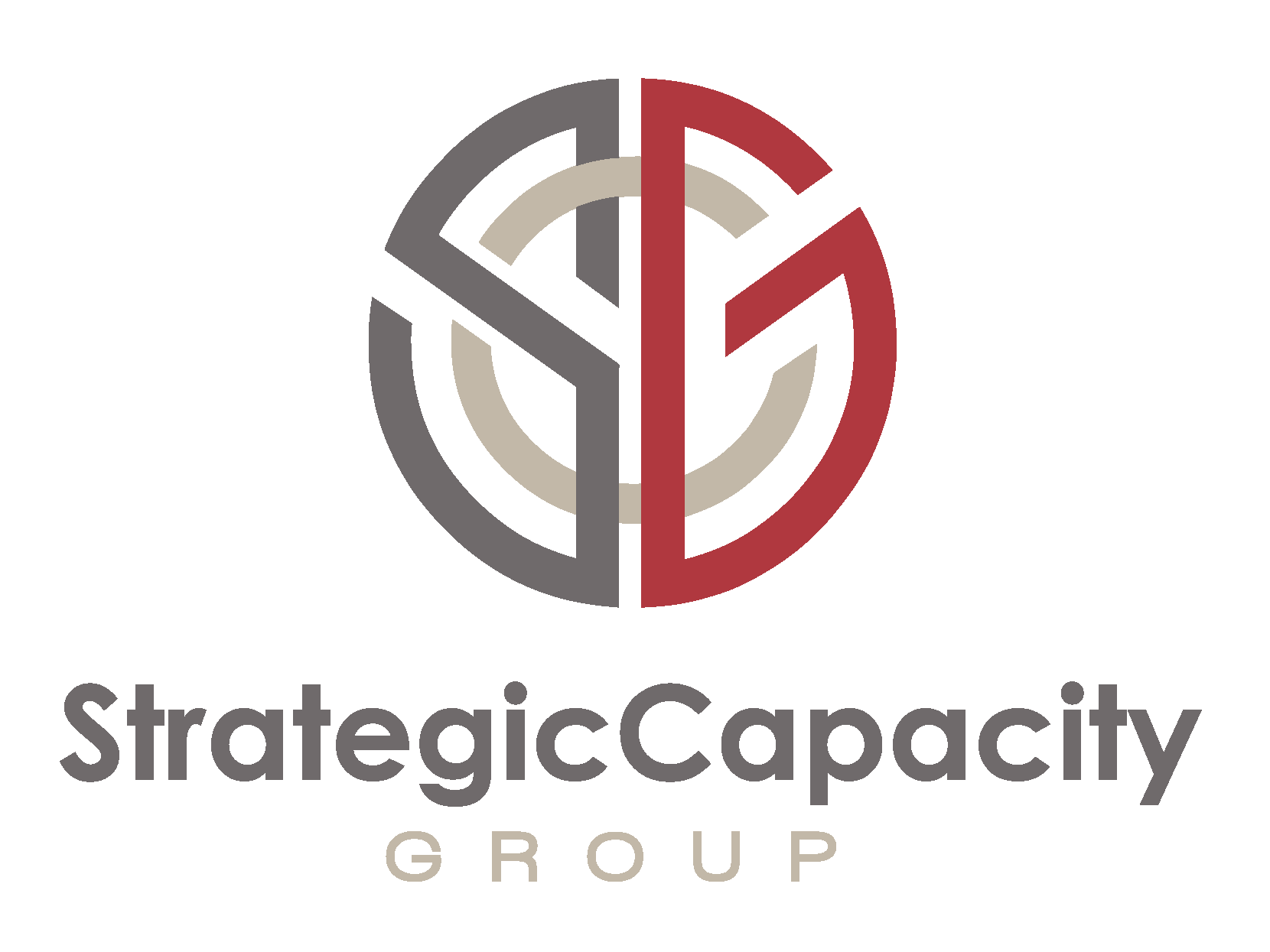 |
Strategic Capacity Group (SCG) is a non-profit dedicated to enhancing the ability of its partners to build strategic security sector capacity worldwide. SCG assists donor and recipient governments to assess institutional capacity, identify gaps, develop and implement solutions, and improve the sustainability and impact of reforms. To this end, SCG’s strategic capacity building approach focuses on enhancing institutional accountability and effectiveness, and strengthening human capacity to design, implement, and lead change. |
|
Swedish Dialogue Institute for the Middle East and North Africa The Swedish Dialogue Institute for the Middle East and North Africa is a governmental agency that serves as a platform for contacts and dialogue between Sweden/Europe and the Middle East and North Africa. The Dialogue Institute seeks to address issues that are important for political, economic, and social development, or for relations between the countries, or that help increase mutual understanding in the areas of culture and religion. The Dialogue Institute was previously based in Alexandria, Egypt, but is since the autumn of 2021 based in Amman, Jordan. |
 |
Swedish International Development Cooperation Agency (Sida) Sida is Sweden's government agency for development cooperation. We strive to reduce poverty and oppression around the world. In cooperation with organisations, government agencies and the private sector we invest in sustainable development for all people. |
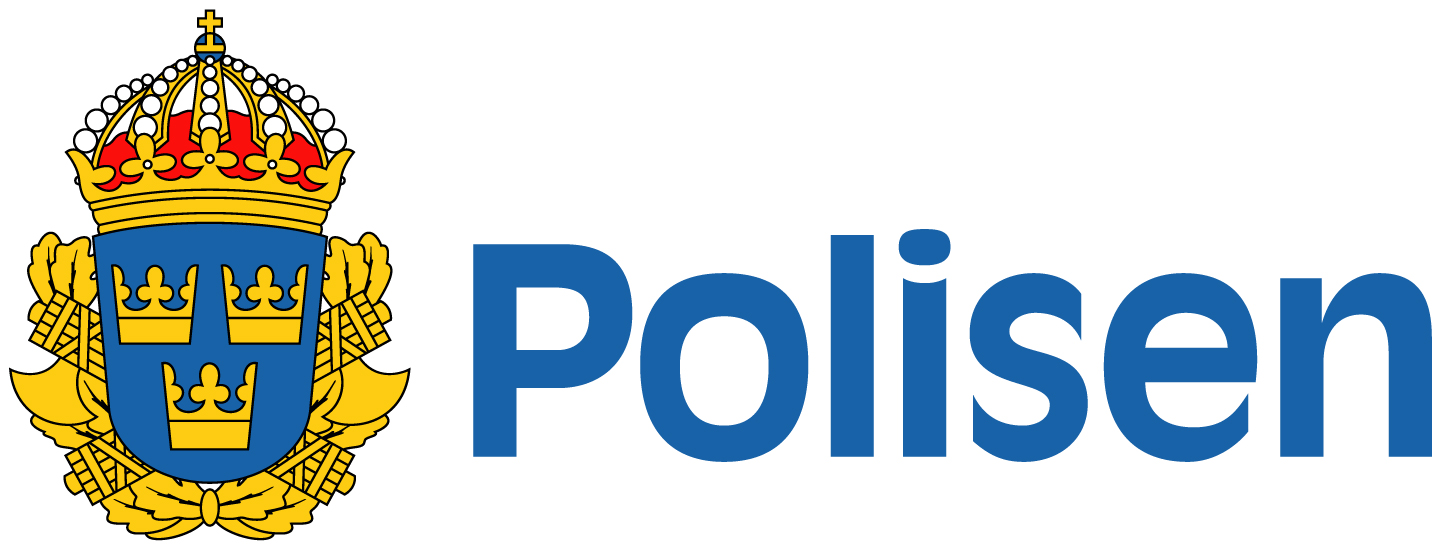 |
The Swedish Police Authority and the Section for Peace Support Operations and Development works with the Swedish Police participation in international conflict prevention, peace and security operations, as well as international development cooperation and assistance. |
 |
The Principles for Peace Secretariat The Principles for Peace initiative was launched in December 2021 as a collective and participatory effort to develop principles and standards to support national and international actors to craft more effective and inclusive approaches to peace. Halfway through its initial two-year mandate, the initiative has gained significant momentum and built an expansive collective effort of specialised organisations, practitioners, policymakers and renowned scholars across peace and security, development, and humanitarian sectors. |

|
The Environmental Change and Security Program (ECSP) at Woodrow Wilson Center explores the connections between environmental change, health, and population dynamics and their links to conflict, human insecurity, and foreign policy. |
 |
United Nations Department of Peace Operations (UNDPO) The mission of the United Nations Development Programme’s Human Development Report Office (HDRO) is to advance human development. The goal is to contribute towards the expansion of opportunities, choice and freedom. The office works towards this goal by promoting innovative new ideas, advocating practical policy changes, and constructively challenging policies and approaches that constrain human development. The office works with others to achieve change through writing and research, data analysis and presentation, support to national and regional analysis and outreach and advocacy work. |
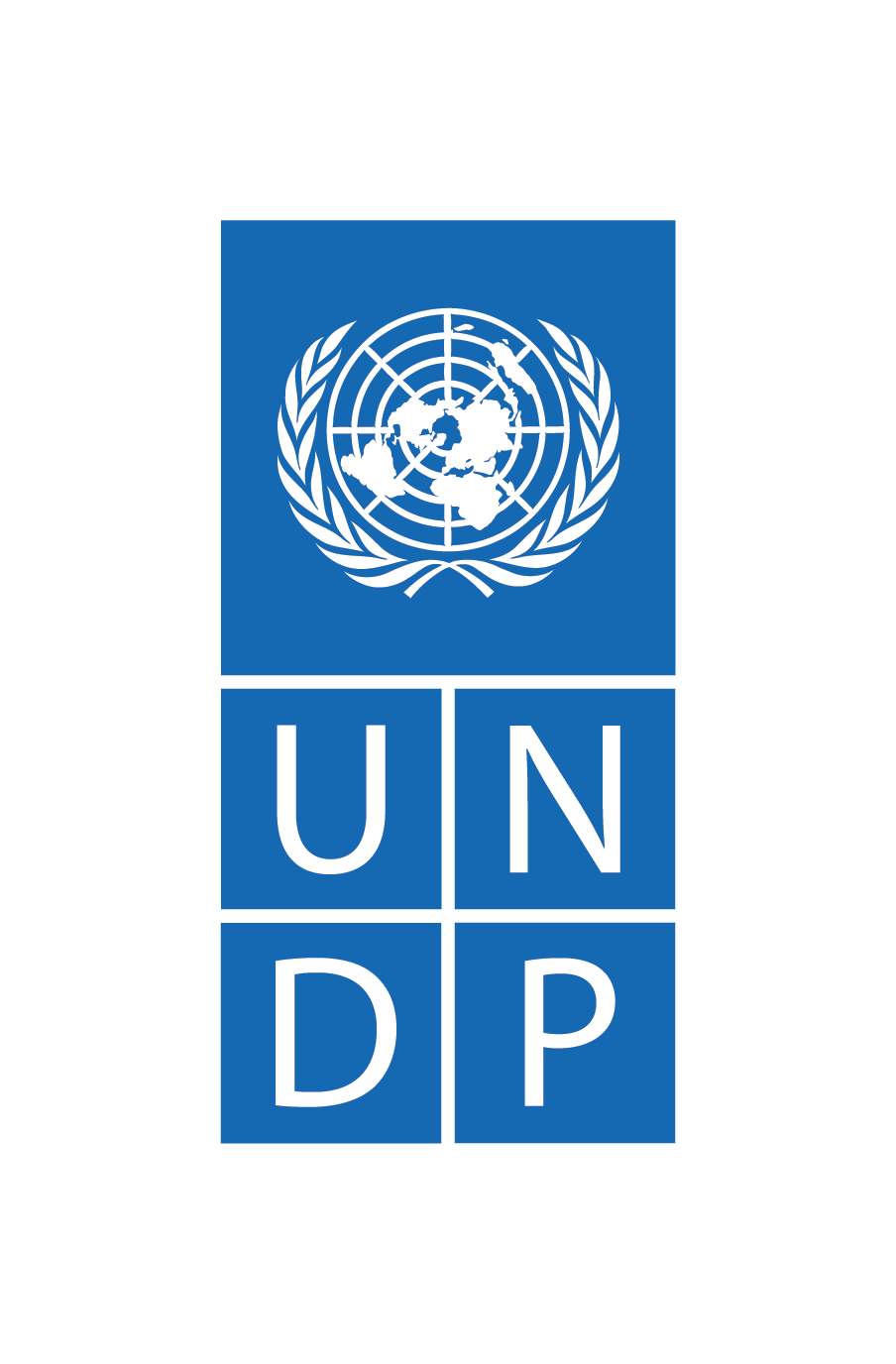 |
United Nations Development Programme The mission of the United Nations Development Programme’s Human Development Report Office (HDRO) is to advance human development. The goal is to contribute towards the expansion of opportunities, choice and freedom. The office works towards this goal by promoting innovative new ideas, advocating practical policy changes, and constructively challenging policies and approaches that constrain human development. The office works with others to achieve change through writing and research, data analysis and presentation, support to national and regional analysis and outreach and advocacy work. |
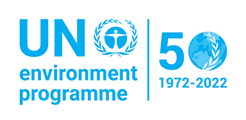
|
United Nations Environment Programme UN Environment Programme (UNEP), founding member of the CSM, works to minimize the environmental causes and consequences of crises and promotes the coherent implementation of the environmental dimension of sustainable development within the United Nations system and provides expertise on the environment. |
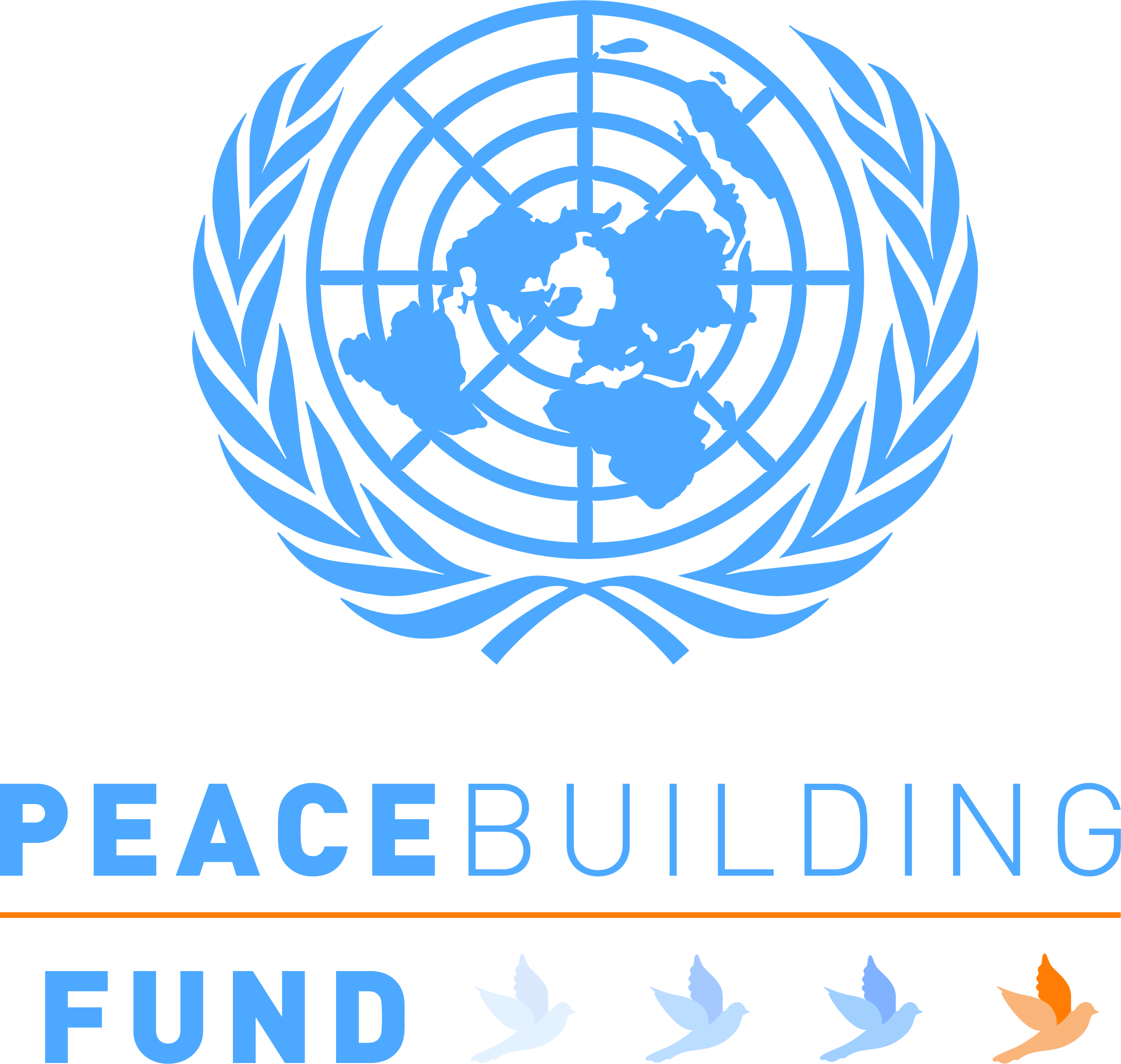
|
United Nations Peacebuilding Support Office United Nations Peacebuilding Support Office: The Peacebuilding Support Office (PBSO) was established to assist and support the Peacebuilding Commission (PBC) with strategic advice and policy guidance, administer the Peacebuilding Fund (PBF) and to support the Secretary-General in coordinating UN agencies in their peacebuilding efforts. In the founding resolutions (A/RES/60/180 and S/RES/1645(2005)) establishing the PBC, the UN General Assembly and the Security Council requested “the Secretary-General to establish, within the Secretariat, from within existing resources, a small peacebuilding support office staffed by qualified experts to assist and support the Commission”. The Office comprises the PBC Support Branch, the Peacebuilding Strategy and Partnerships Branch, and the Financing for Peacebuilding Branch. The PBF is the organization’s financial instrument of first resort to sustain peace in countries or situations at risk or affected by violent conflict. It works across pillars and supports integrated UN responses; responds quickly and flexibly to peacebuilding opportunities and catalyzes resources in a risk-tolerant fashion. |
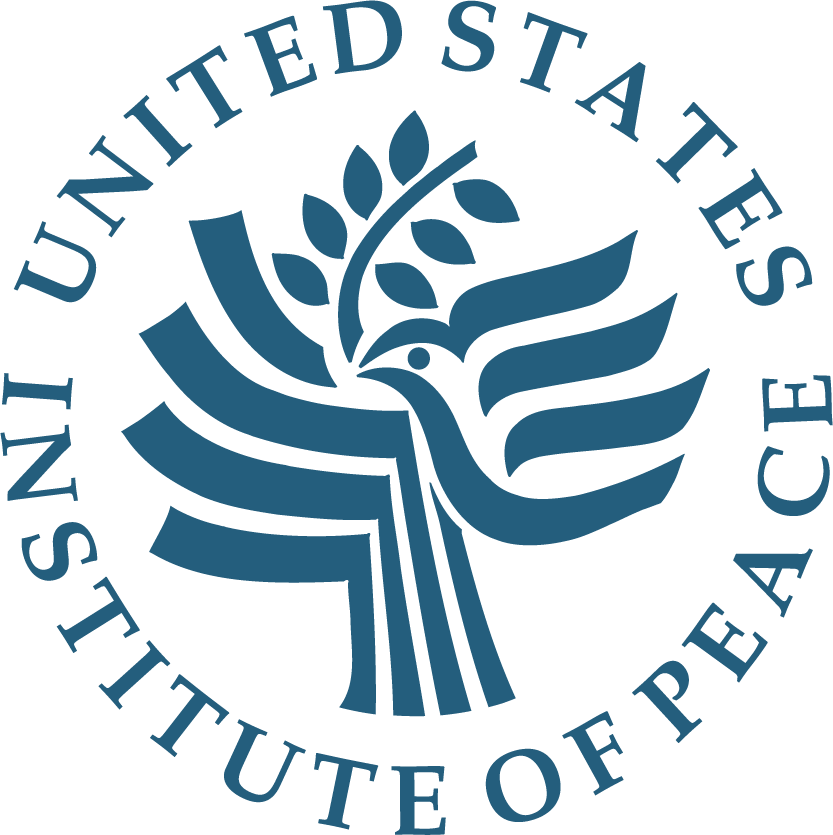 |
United States Institute of Peace The United States Institute of Peace is a national, nonpartisan, independent institute, founded by Congress and dedicated to the proposition that a world without violent conflict is possible, practical and essential for U.S. and global security. In conflict zones abroad, the Institute works with local partners to prevent, mitigate, and resolve violent conflict. To reduce future crises and the need for costly interventions, USIP works with governments and civil societies to build local capacities to manage conflict peacefully. The Institute pursues its mission by linking research, policy, training, analysis and direct action to support those who are working to build a more peaceful, inclusive world. (These blurbs and logos will be confirmed) |
 |
United Nations University Centre for Policy Research United Nations University Centre for Policy Research (UNU-CPR) is an independent think tank within the UN system. We combine research excellence with deep knowledge of the multilateral system to generate innovative solutions to current and future global public policy challenges. As an agile think tank with deep-rooted experience of the wider UN system, UNU-CPR is in a position to innovate, identifying new ways to solve interrelated public policy challenges. In some cases, these may be short-term priorities. In others, they may be the beginning of long- term projects that we undertake and to help lead UN policy debates into new and emerging areas of interest to the United Nations and its Member States. |

|
USAID is the world’s premier international development agency and a catalytic actor driving development results. USAID’s work advances U.S. national security and economic prosperity, demonstrates American generosity, and promotes a path to recipient self-reliance and resilience. The purpose of foreign aid should be ending the need for its existence, and we provide development assistance to help partner countries on their own development journey to self-reliance – looking at ways to help lift lives, build communities, and establish self-sufficiency. Our efforts are both from and for the American people. USAID demonstrates America’s good will around the world; increases global stability by addressing the root causes of violence; opens new markets and generates opportunity for trade; creates innovative solutions for once unsolvable development challenges; saves lives; and advances democracy, governance, and peace. |
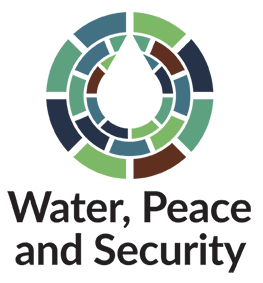
|
The growing water crisis poses a threat to livelihoods, ecosystems and security. In response to these threats, the Water, Peace and Security (WPS) partnership was founded in 2018 to develop innovative tools and services that help local stakeholders identify, understand and address water-related security risks. We use cutting-edge technology to increase awareness and understanding. This knowledge is used in participatory analysis, capacity building and awareness raising activities to support timely, informed and inclusive action in regions prone to water-related conflict, such as currently Mali, Iraq, Ethiopia and Kenya. We believe this action, based on regional needs, is required to prevent escalation of water-related tensions into conflict. In fact, it can even enhance collaboration among stakeholders, turning water related threats into water related opportunities for peacebuilding. WPS is a collaboration between the Netherlands Ministry of Foreign Affairs, the German Agency for International Cooperation (GIZ) and a consortium of six partners: Deltares, The Hague Centre for Strategic Studies (HCSS), IHE Delft (lead partner), International Alert, Wetlands International and World Resources Institute (WRI). |
Artistic Partners
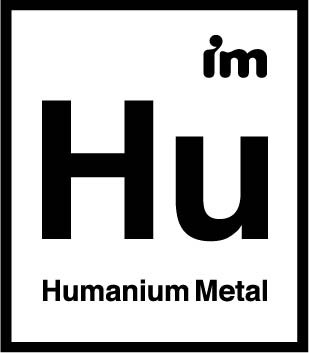 |
Humanium Metal is transforming illegal seized firearms from governmental weapons destruction programmes in regions affected by armed violence into non-lethal commodities for peace. The income generated with Humanium Metal is re-invested into communities affected by gun violence, aiming to break the vicious cycle of violence and poverty. Through the initiative the private sector, right-holders, civil society, consumers and governments are connected in a virtuous cycle for peace and security. |
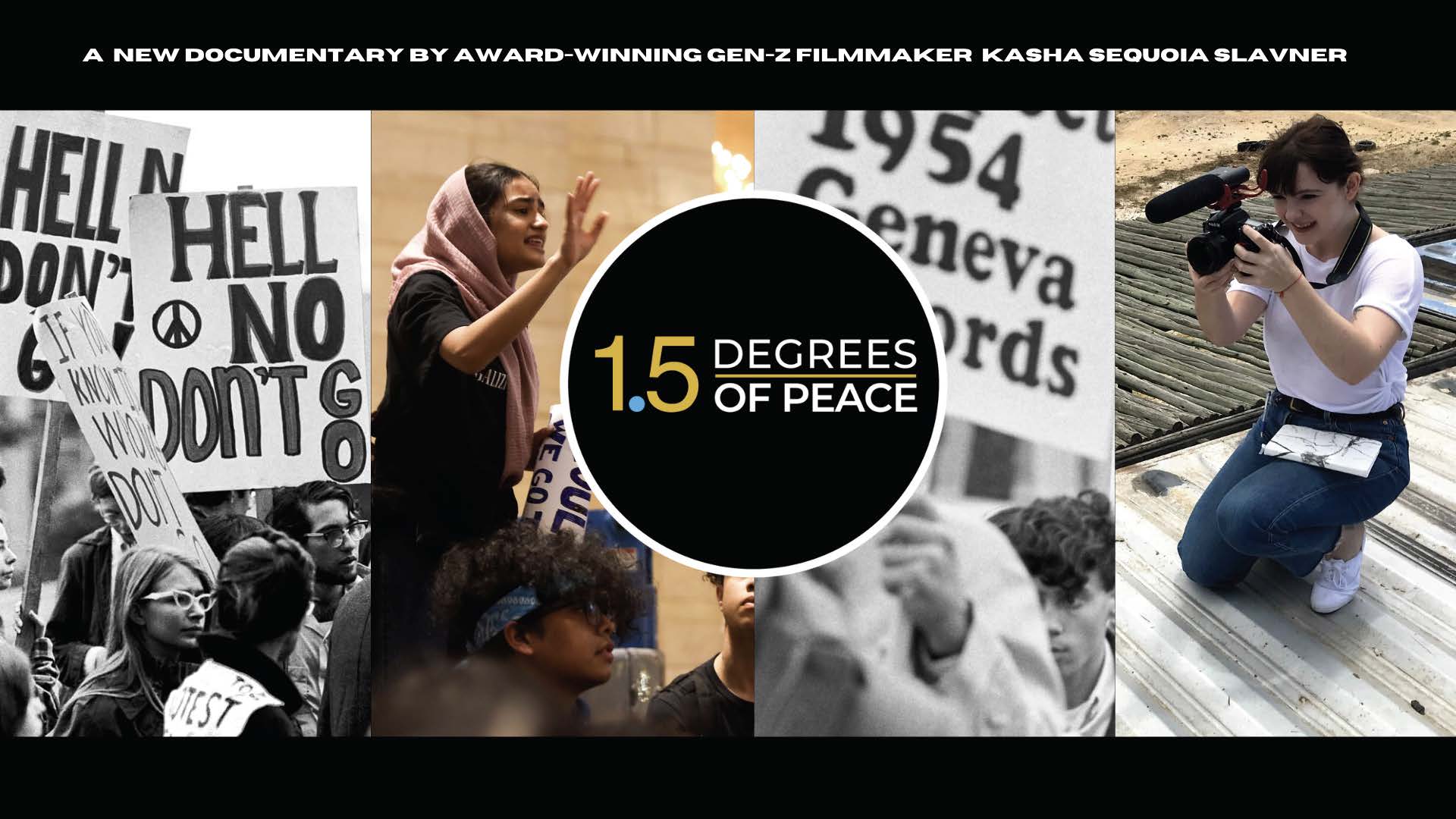 |
Humanium Metal is transforming illegal seized firearms from governmental weapons destruction programmes in regions affected by armed violence into non-lethal commodities for peace. The income generated with Humanium Metal is re-invested into communities affected by gun violence, aiming to break the vicious cycle of violence and poverty. Through the initiative the private sector, right-holders, civil society, consumers and governments are connected in a virtuous cycle for peace and security. |
Exhibitors
|
Berghof Foundation is an independent, non-governmental and non-profit organisation, founded in 1971, located in Berlin, Germany. We support people in conflict in their efforts to achieve sustainable peace through conflict transformation and peacebuilding. Grounded in a nexus of practice, learning, education and research, our work spans many regions and societies, encompassing conflicts between and within states, whether new or entrenched. Our work is underpinned by the principles of partnership, inclusivity, sustainability and local ownership. |
|
Environmental Peacebuilding Association (EnPAX) The Environmental Peacebuilding Association (also known as EnPAx) comprises researchers, practitioners, and decision makers who share experiences and lessons from managing natural resources in conflict-affected settings, access new research on the topic, and participate in events to support the growing network of professionals active in environmental peacebuilding. |

|
Conciliation Resources is an international organisation committed to stopping violent conflict and creating more peaceful societies. We work with people impacted by war and violence, bringing diverse voices together to make change that lasts. We connect the views of people on the ground with political processes, and share experience and expertise so others can find creative responses to conflict. We make peace possible. |
 |
The Geneva Peacebuilding Platform is a knowledge hub that connects the critical mass of peacebuilding actors, resources, and expertise in Geneva and worldwide. Founded in 2008, the Platform has a mandate to facilitate interaction on peacebuilding between different institutions and sectors, and to advance new knowledge and understanding of issues and contexts related building peace. It also plays a creative role in building bridges between International Geneva, the United Nations peacebuilding architecture in New York, and peacebuilding activities in the field. The Platform's network comprises more than 4'000 peacebuilding professionals working on building peace directly or indirectly. The Platform ensures the continuous exchange of information through seminars, consultations, and conferences, and facilitates outcome- oriented dialogues on peacebuilding practice. |
 |
International Union for Conservation of Nature (IUCN) International Union for Conservation of Nature: IUCN is a membership Union composed of both government and civil society organisations. It harnesses the experience, resources and reach of its more than 1,400 Member organisations and the input of more than 18,000 experts. This diversity and vast expertise makes IUCN the global authority on the status of the natural world and the measures needed to safeguard it. Environmental Peacebuilding Association: Environmental peacebuilding integrates natural resource management in conflict prevention, mitigation, resolution, and recovery to build resilience in communities affected by conflict. |
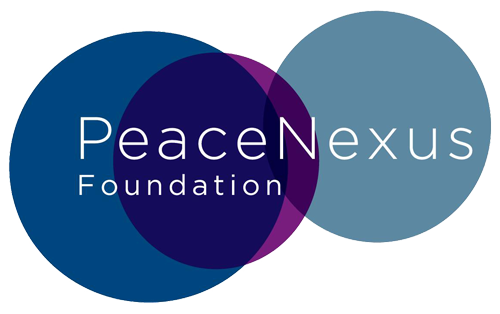 |
PeaceNexus Foundation: PeaceNexus is a Swiss private foundation that aims to strengthen the capacities of and collaboration between organisations to increase their contribution to reducing violence and building peace. Based across Switzerland, West Africa, Central Asia, South East Asia and the Western Balkans, our team of 20 works with local partners who are well positioned to address specific conflict risks. We also support international organisations that are active in fragile states and are well positioned to contribute to social cohesion and peacebuilding, by supporting local initiatives or by shaping national and international policy. |

